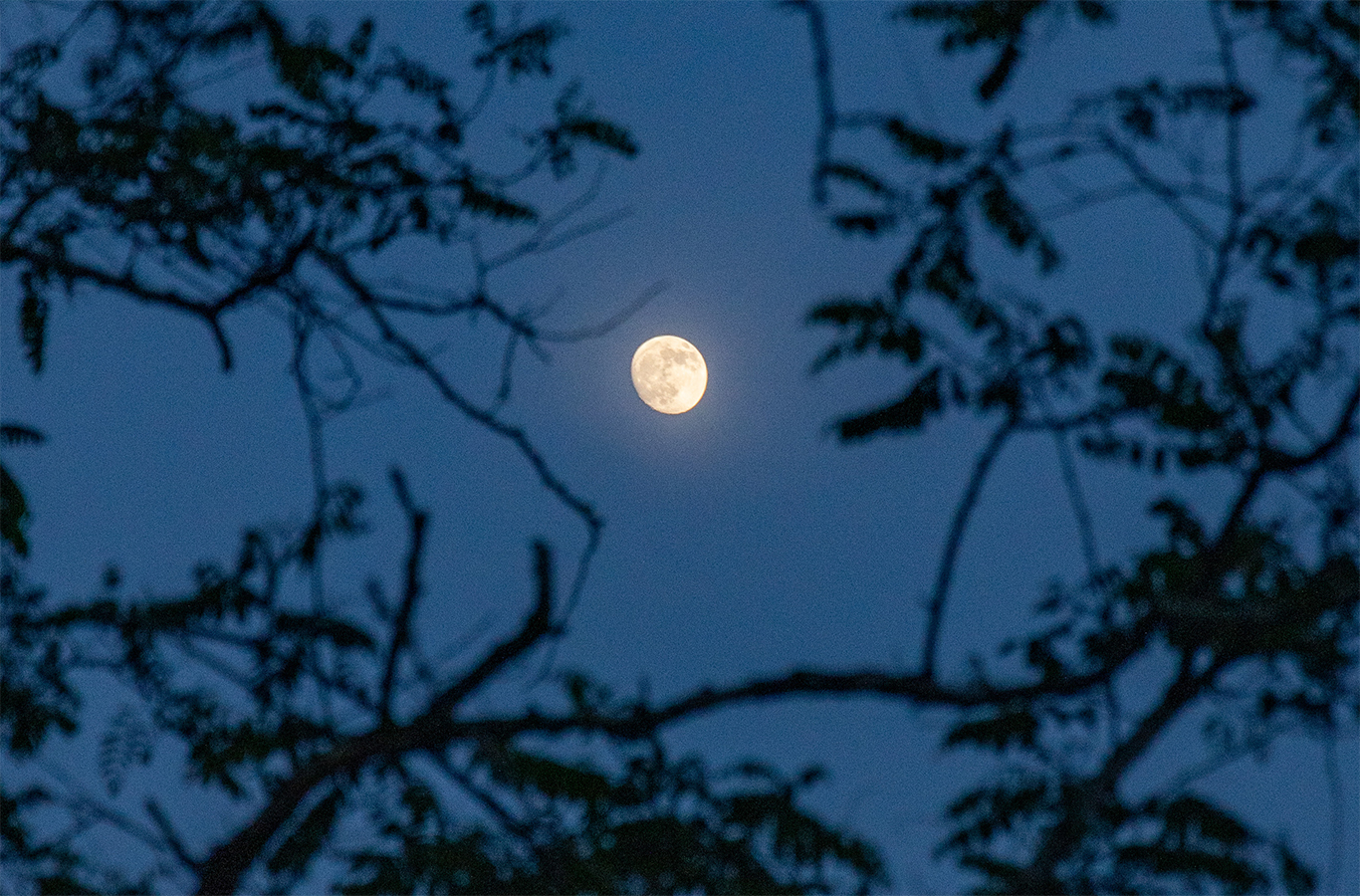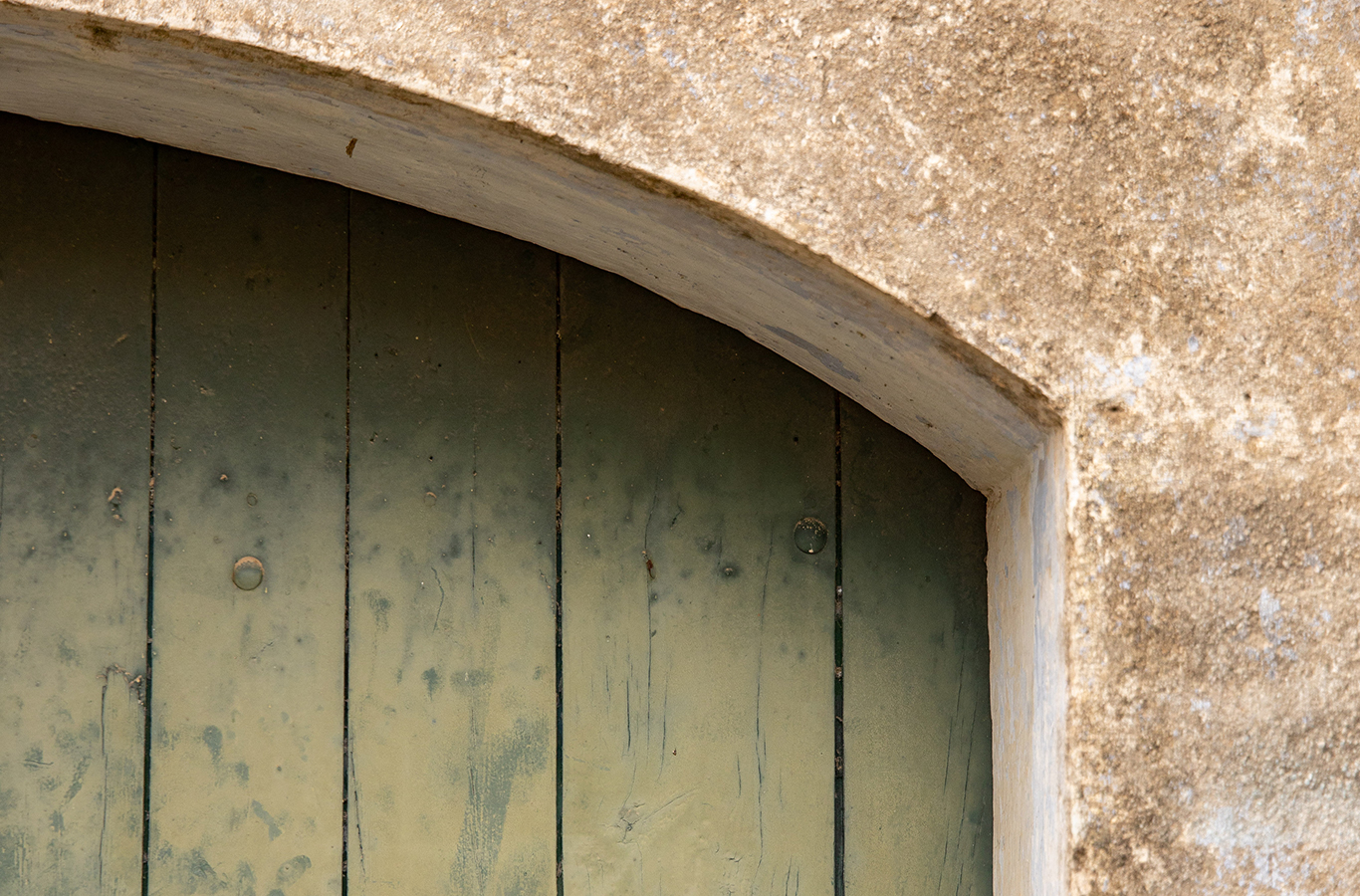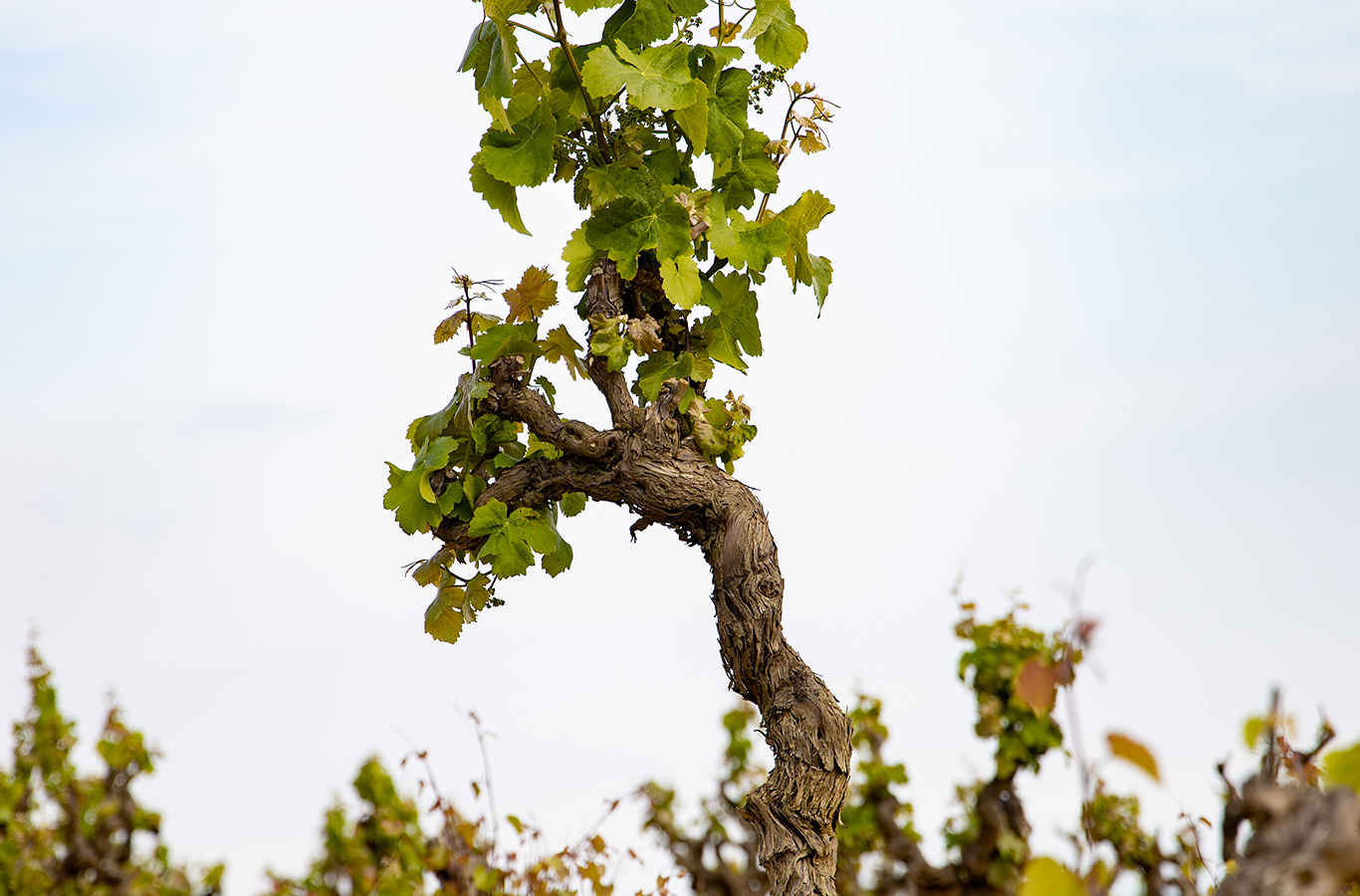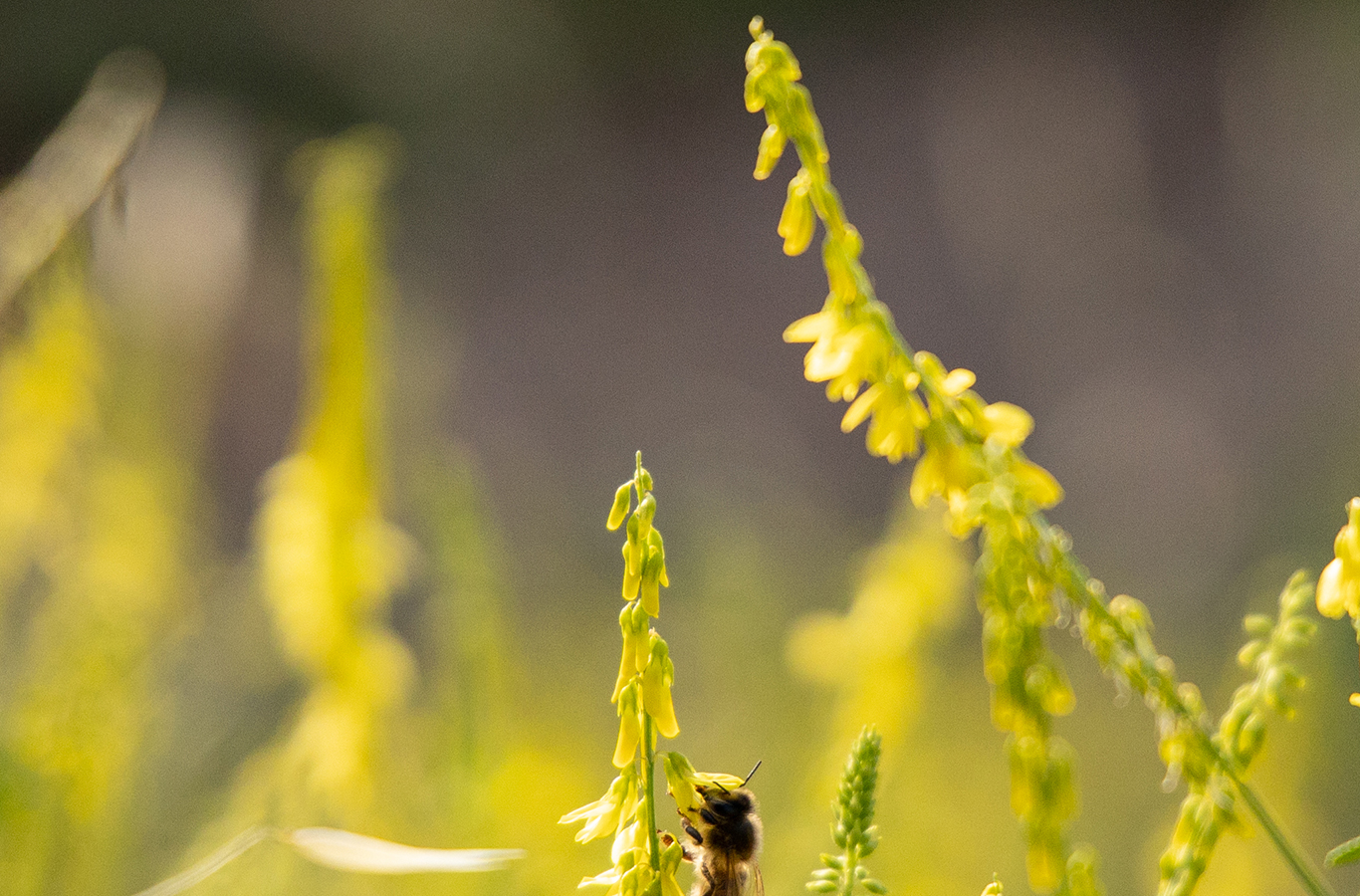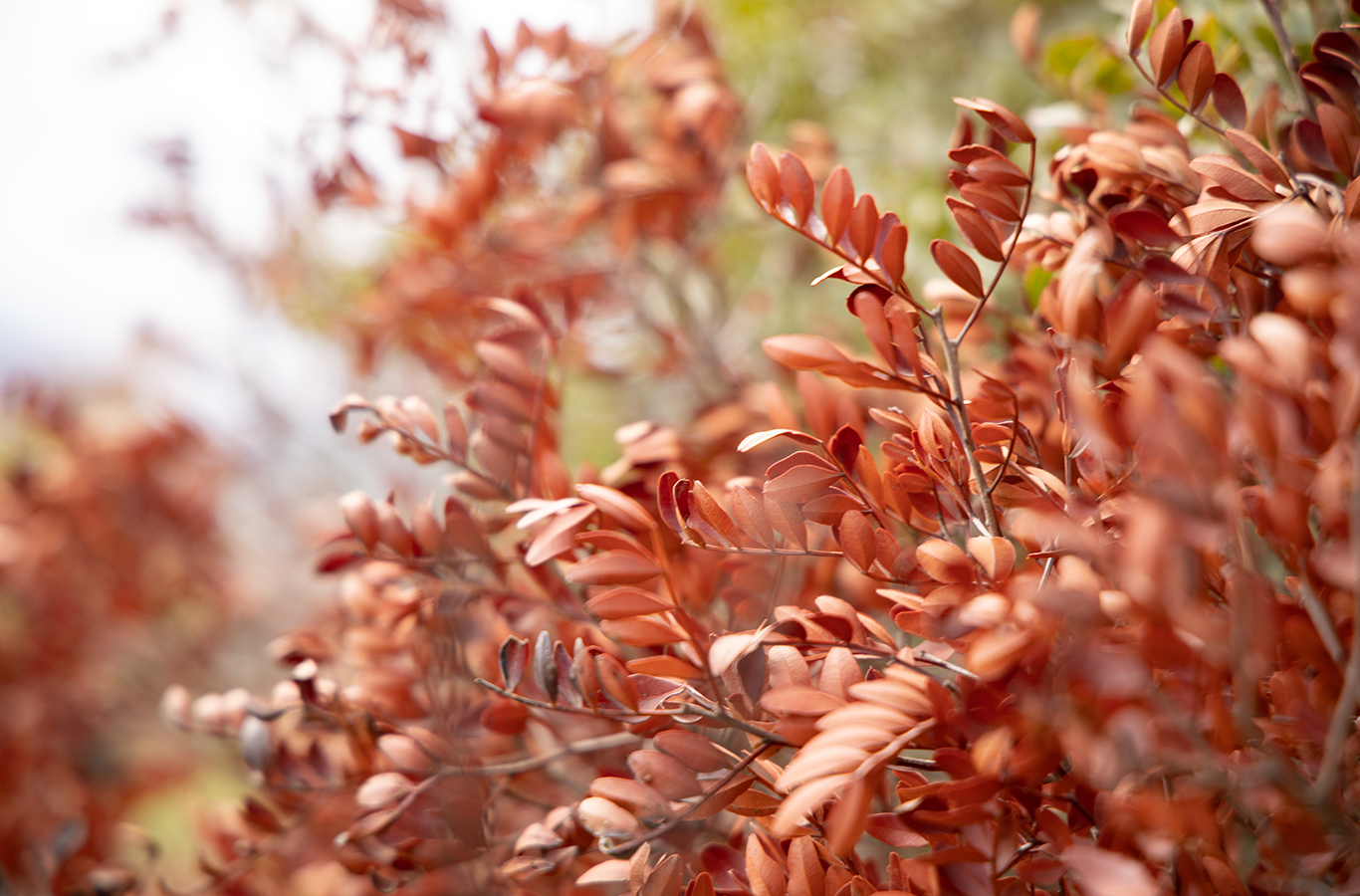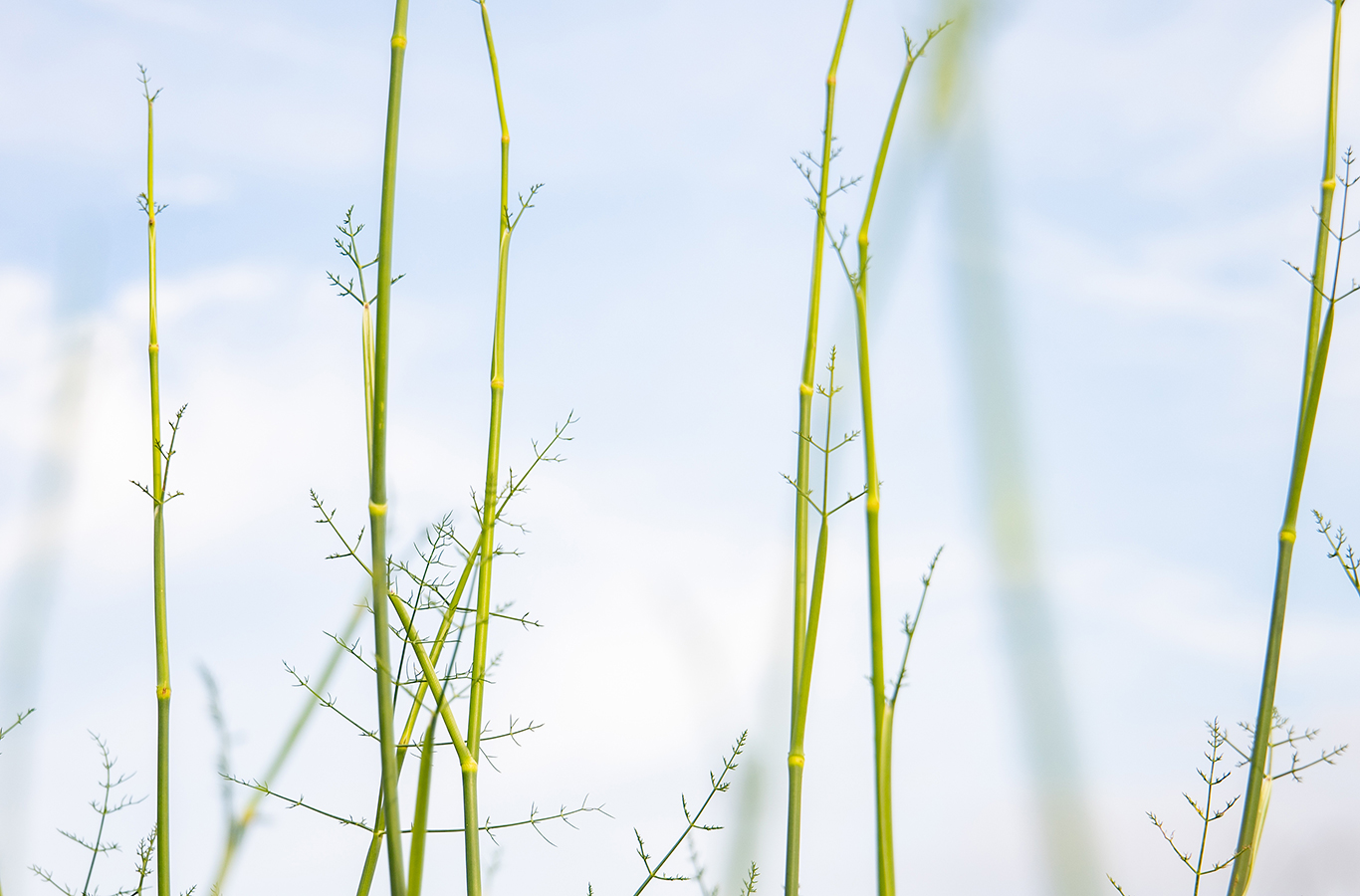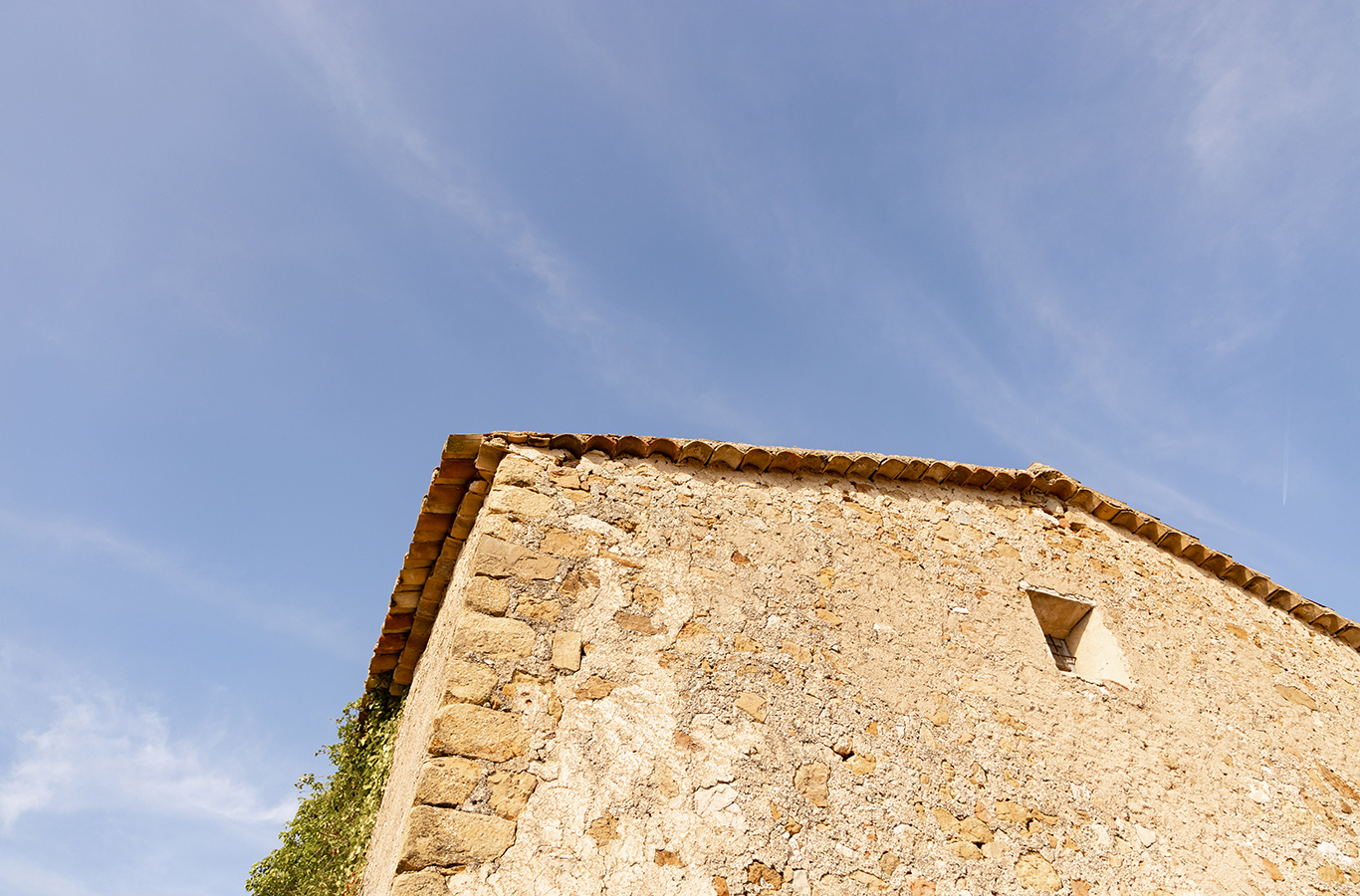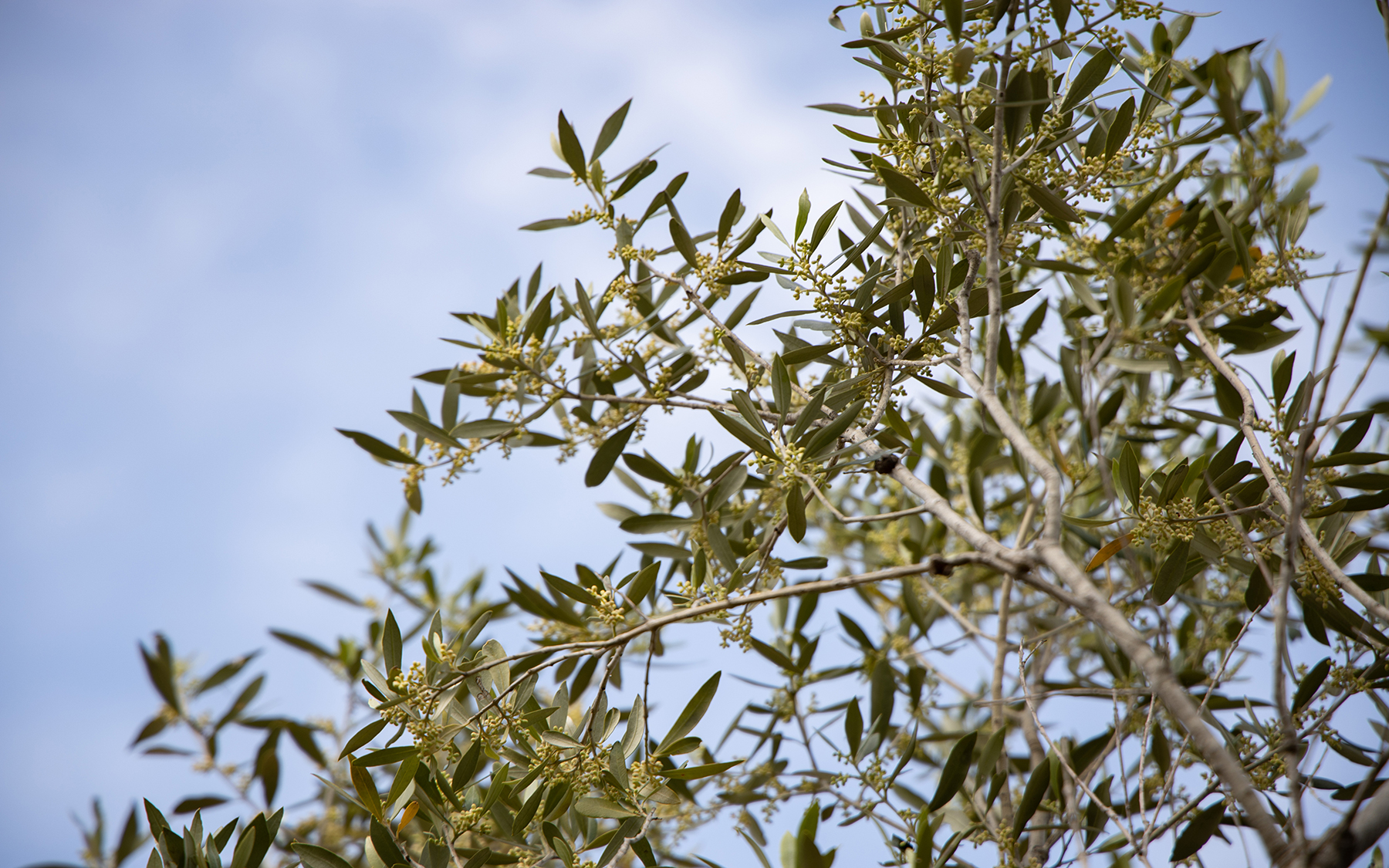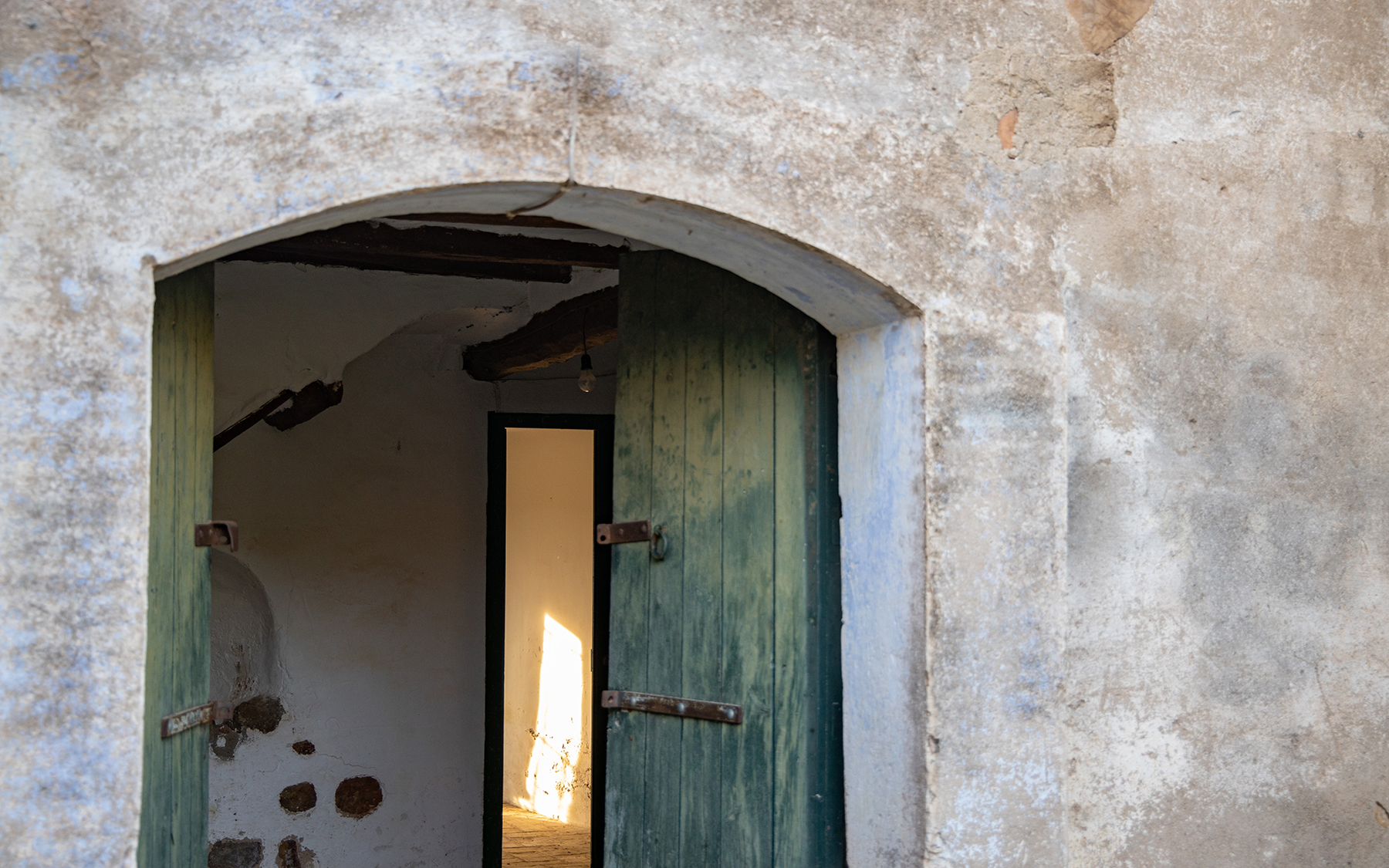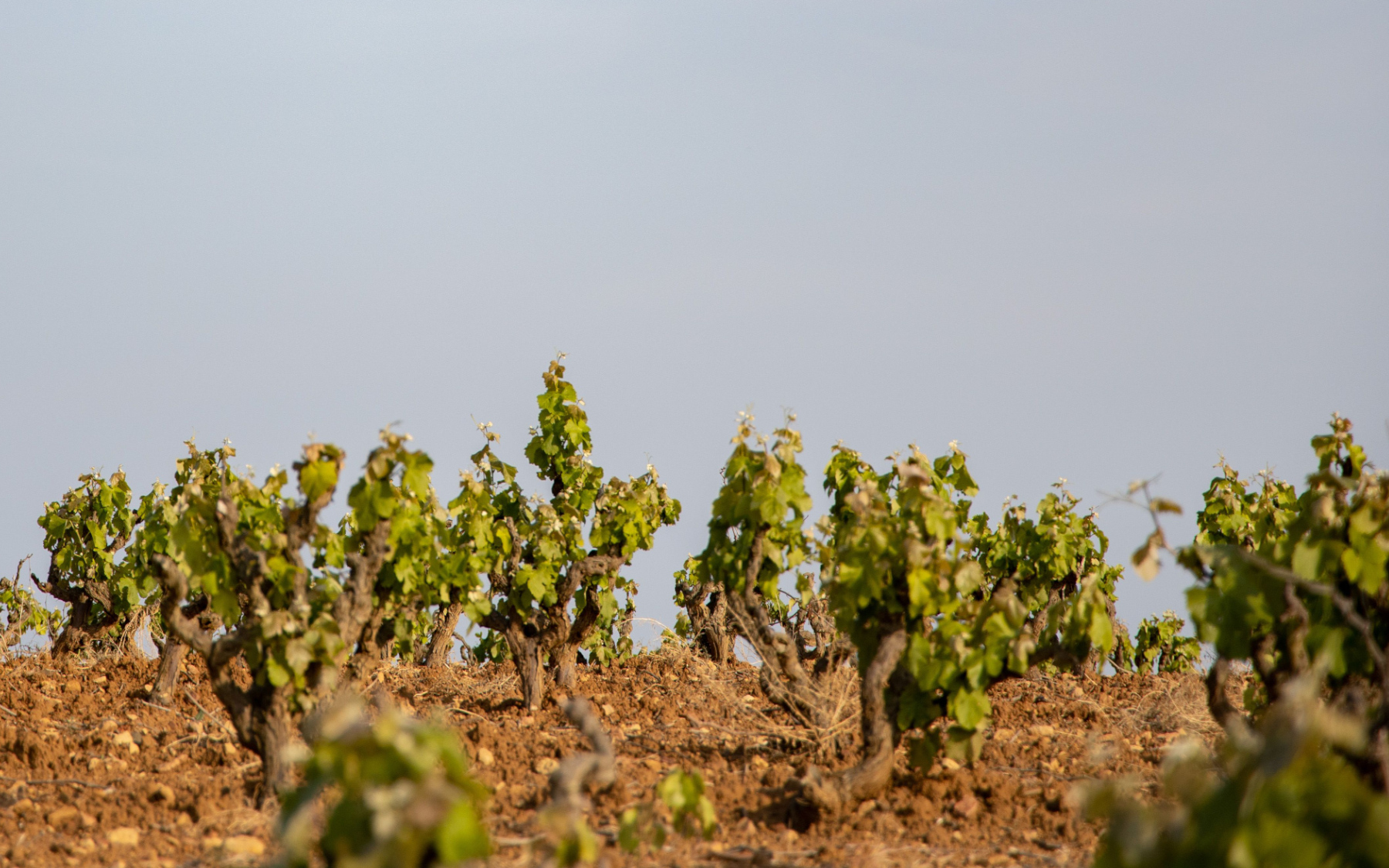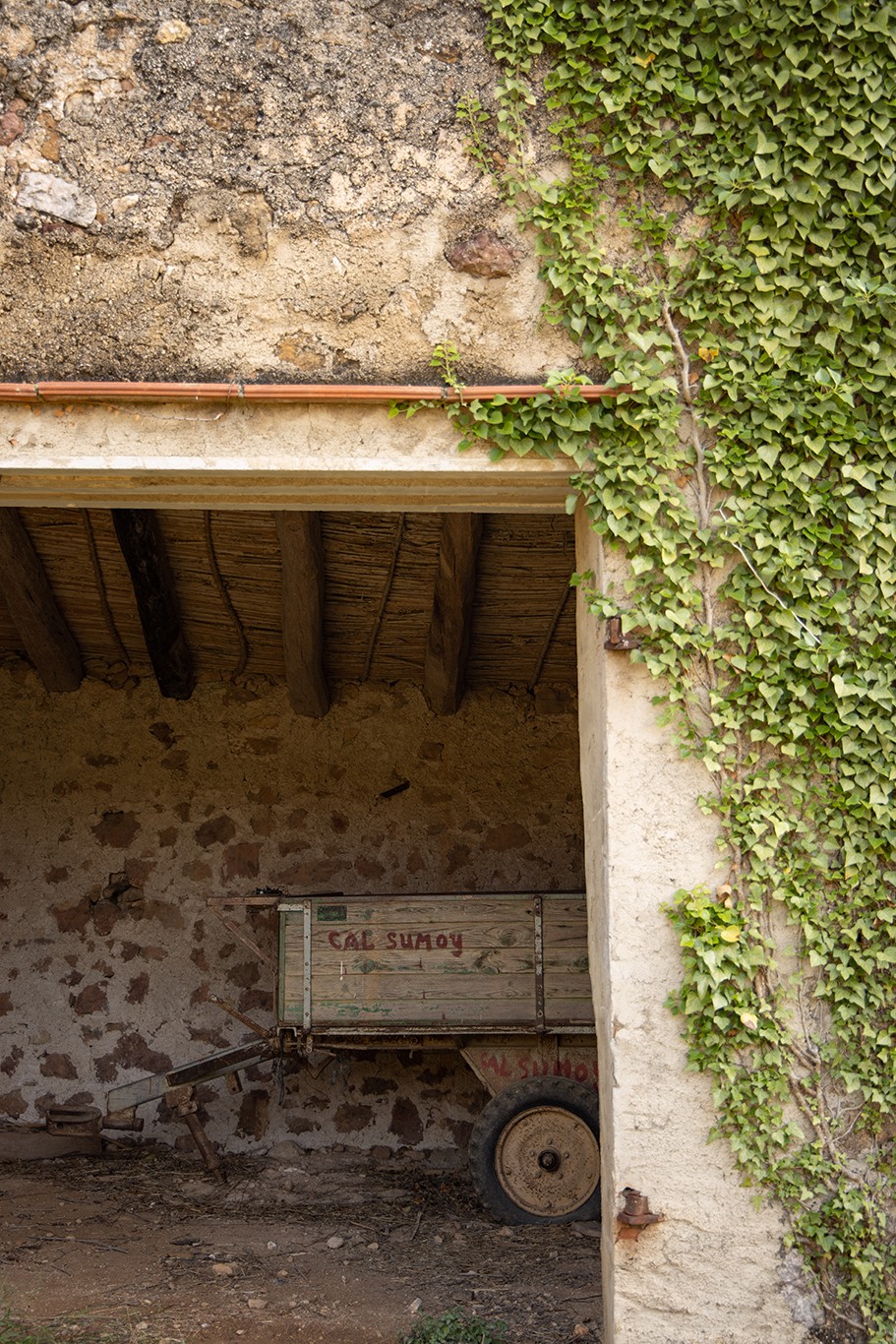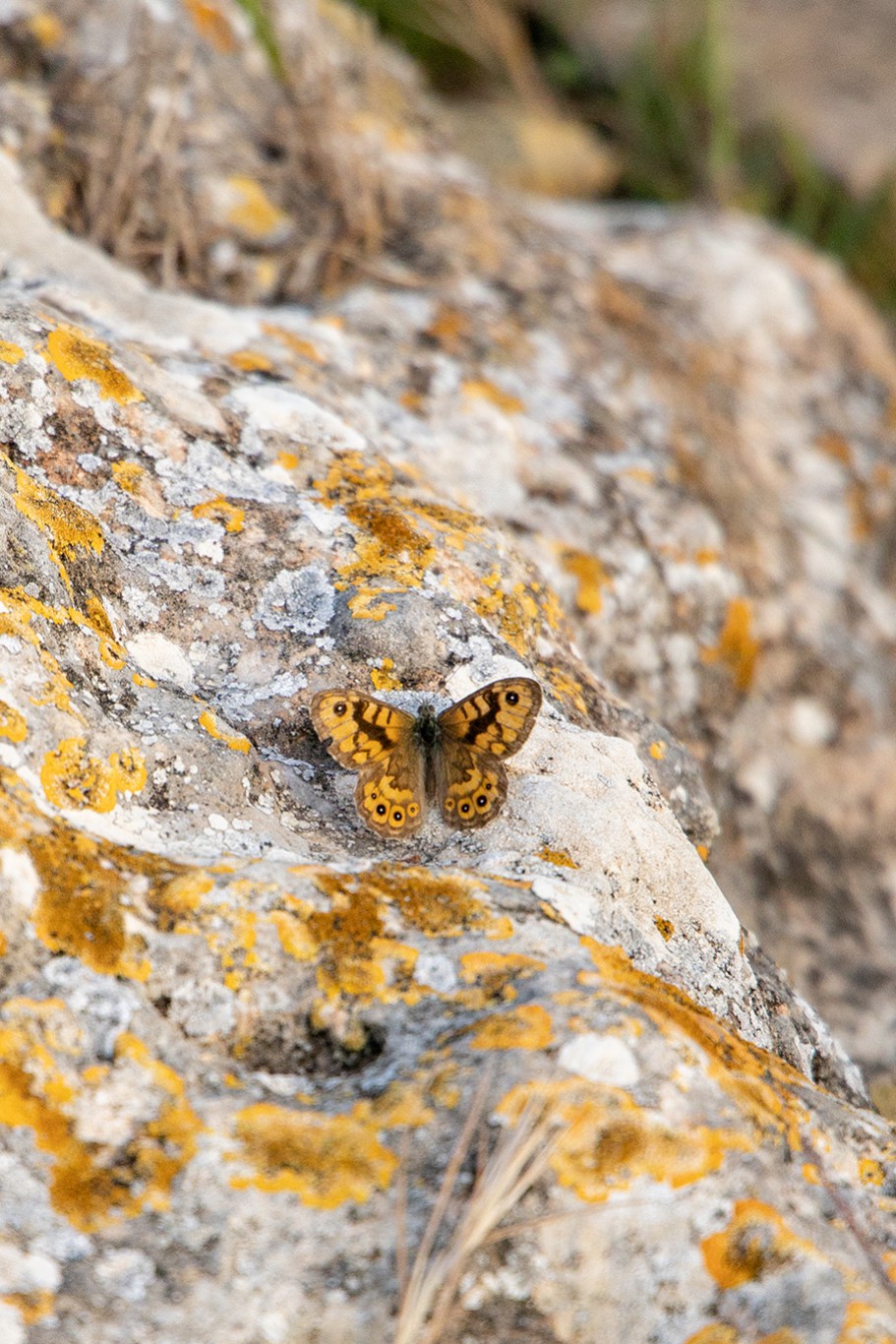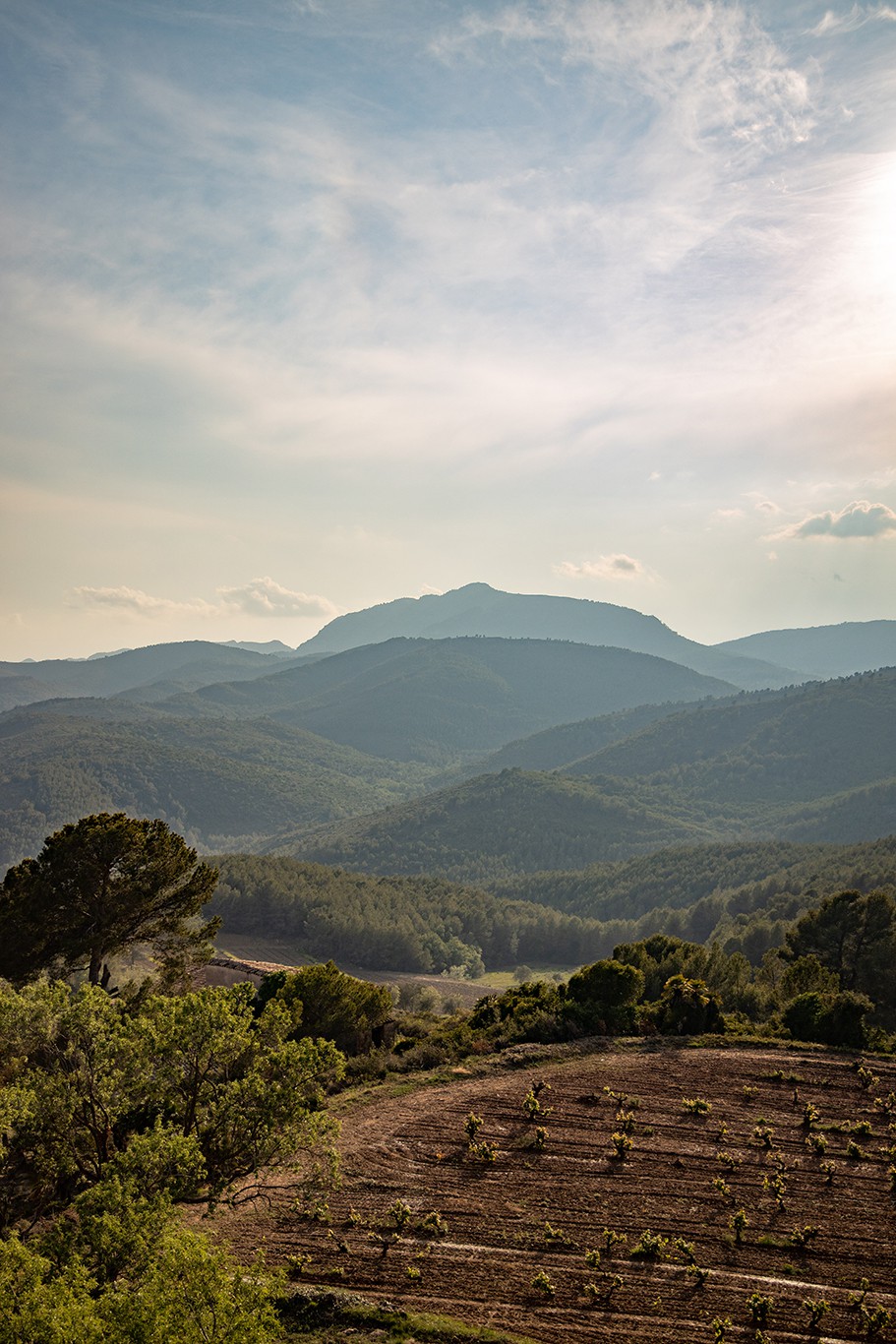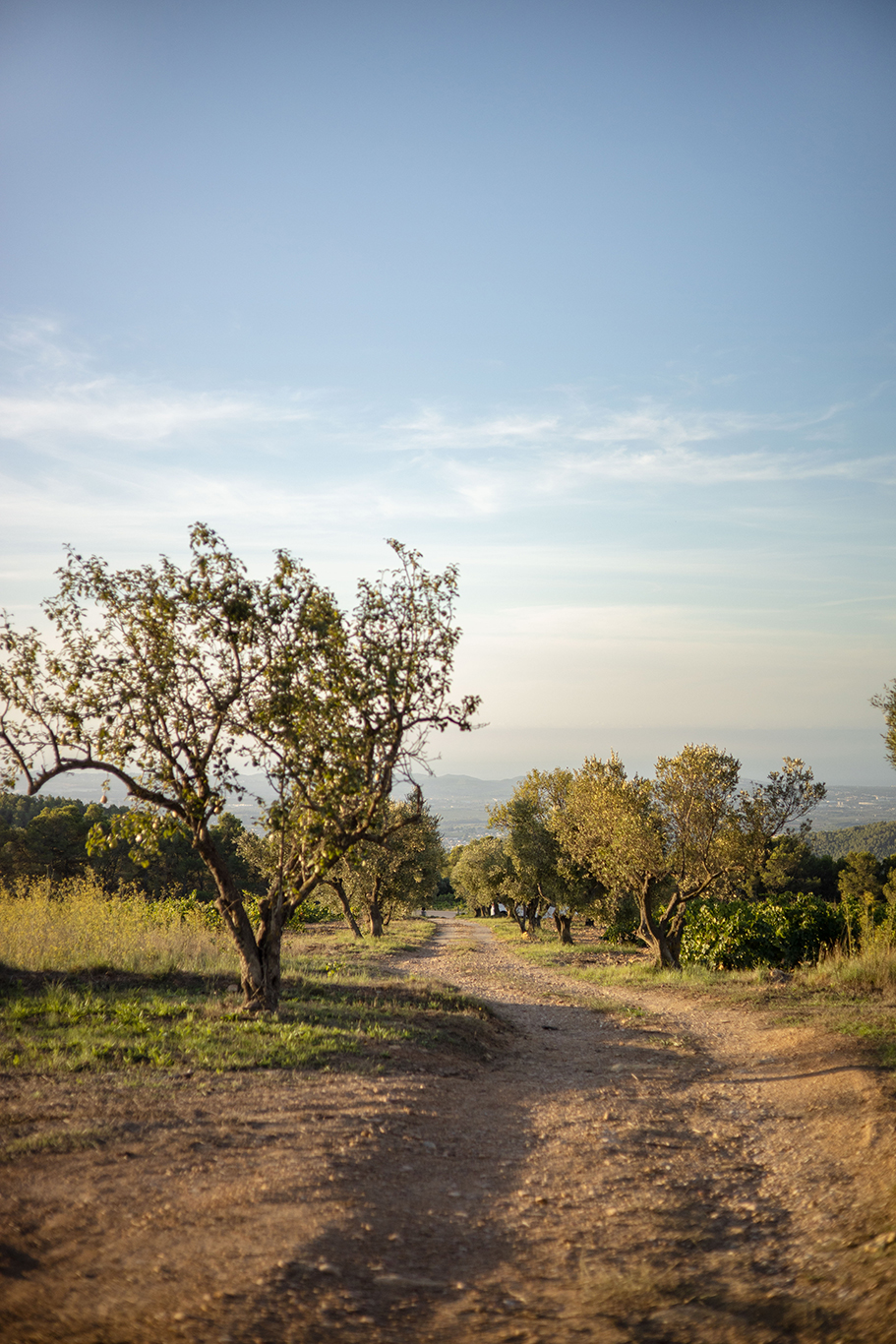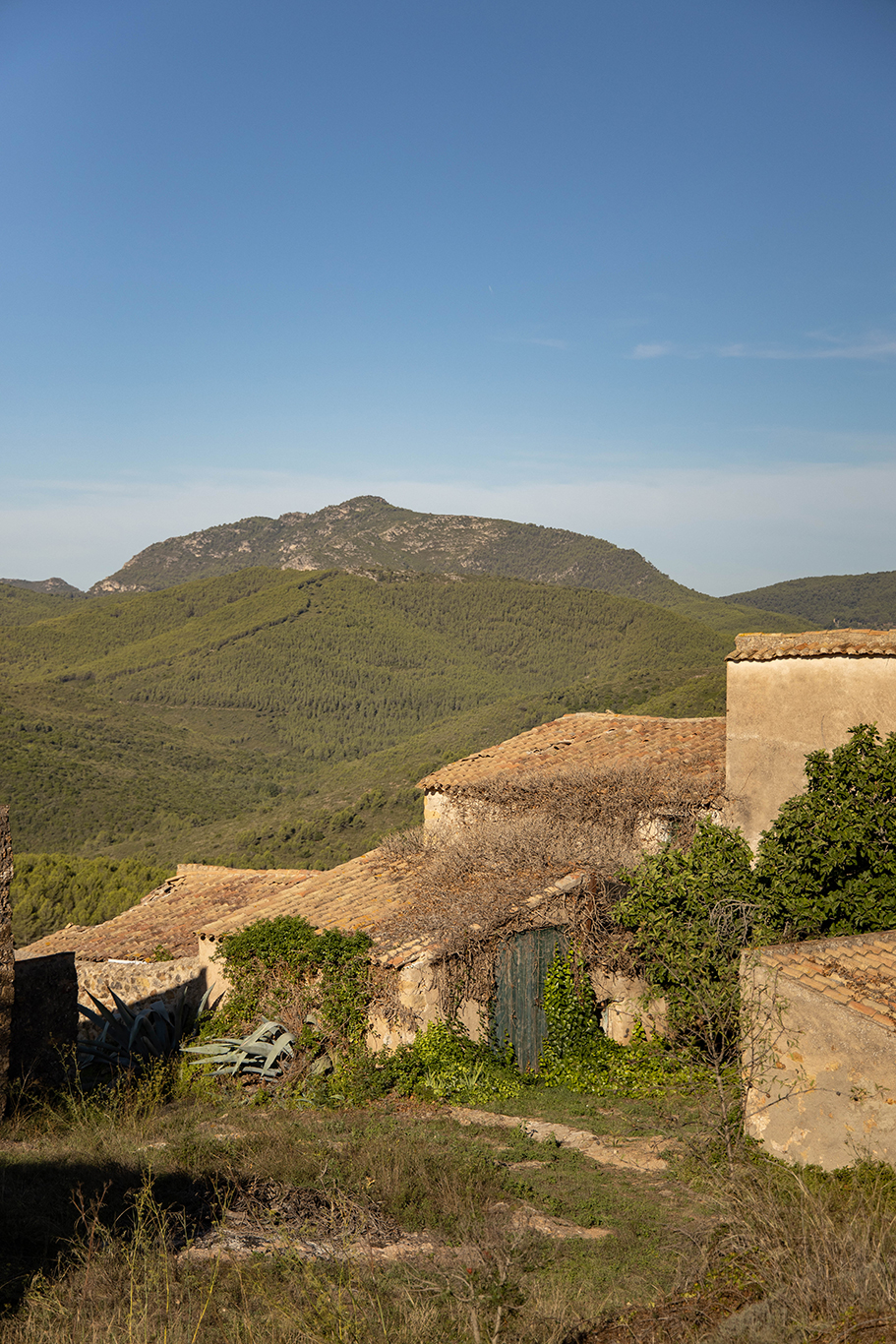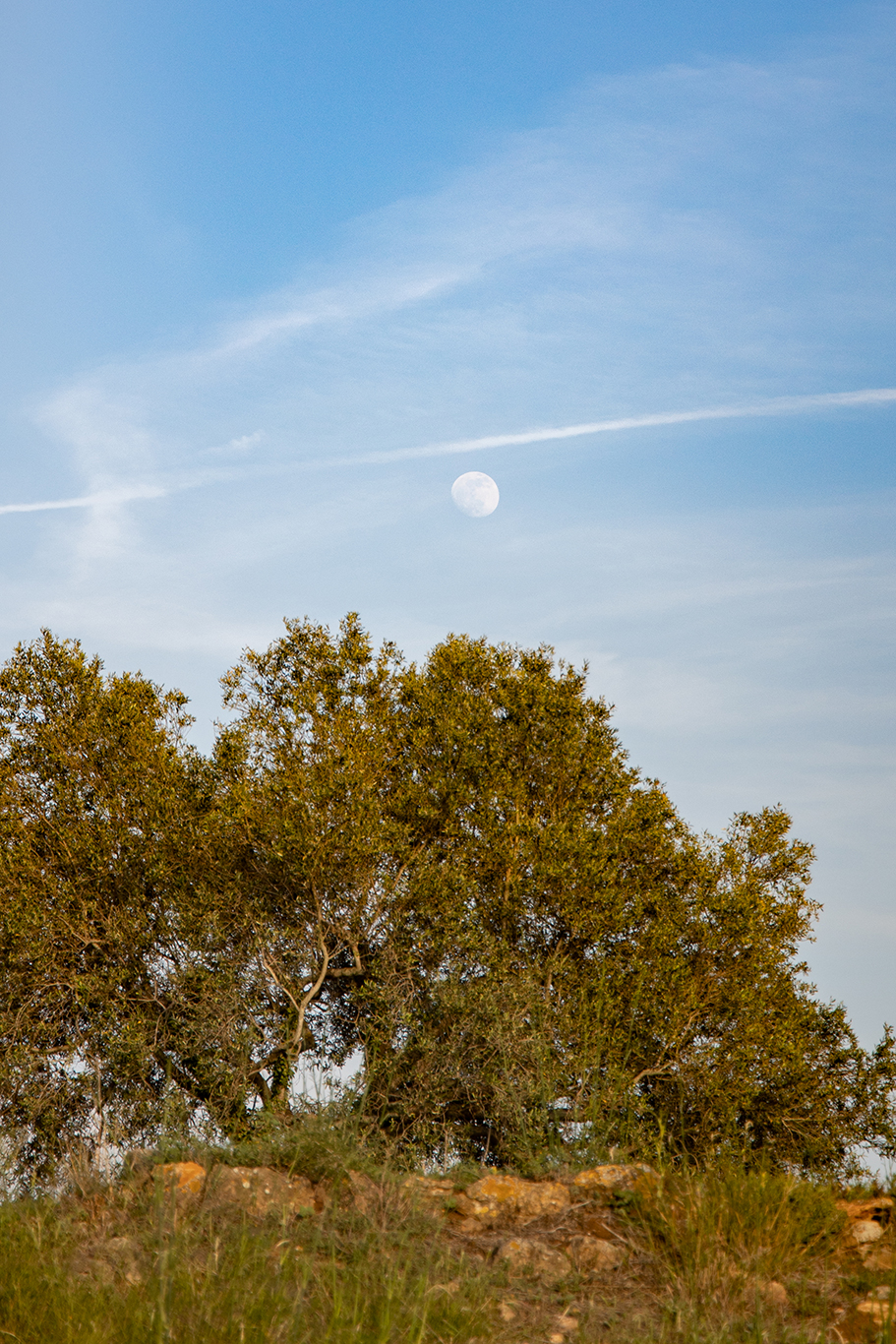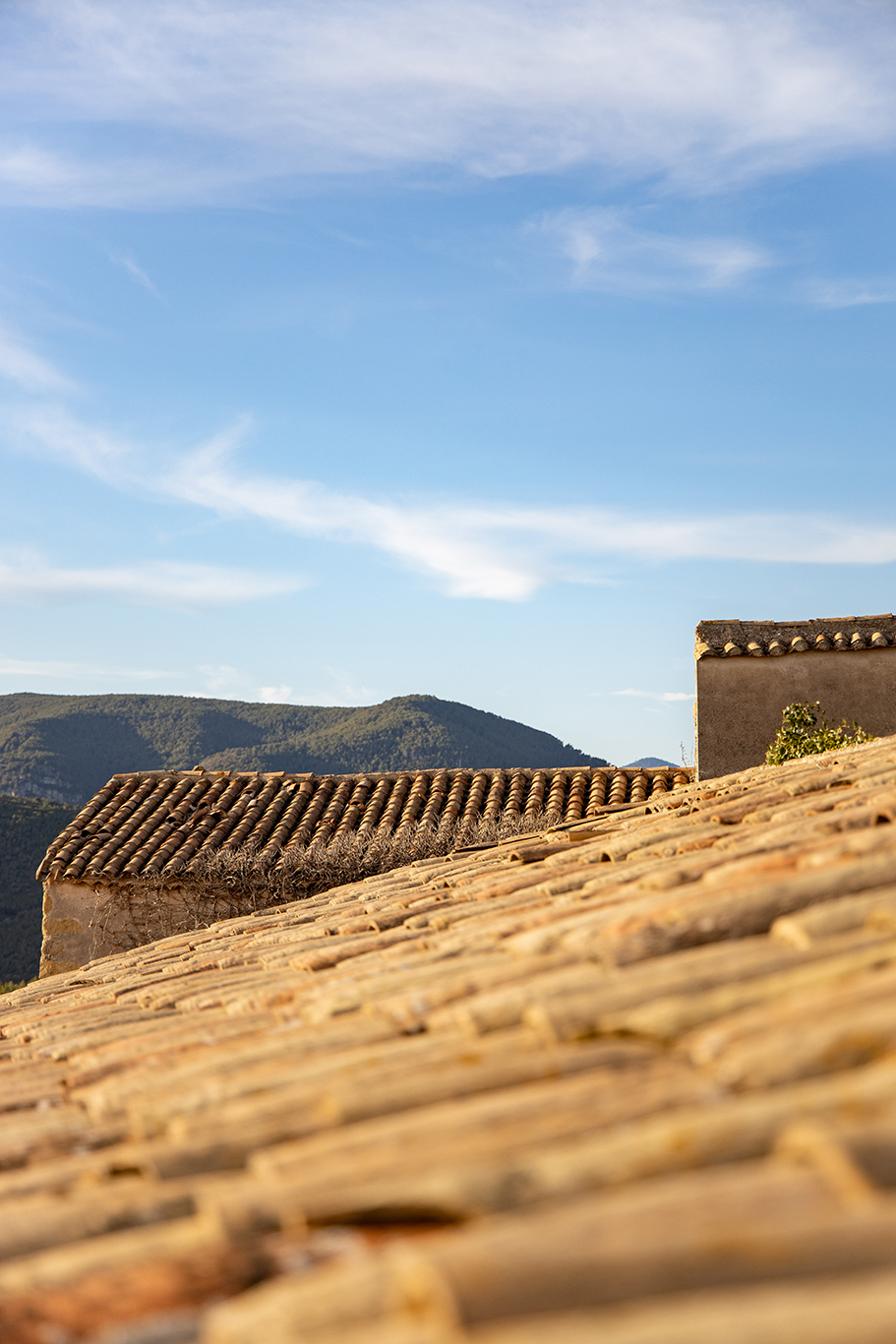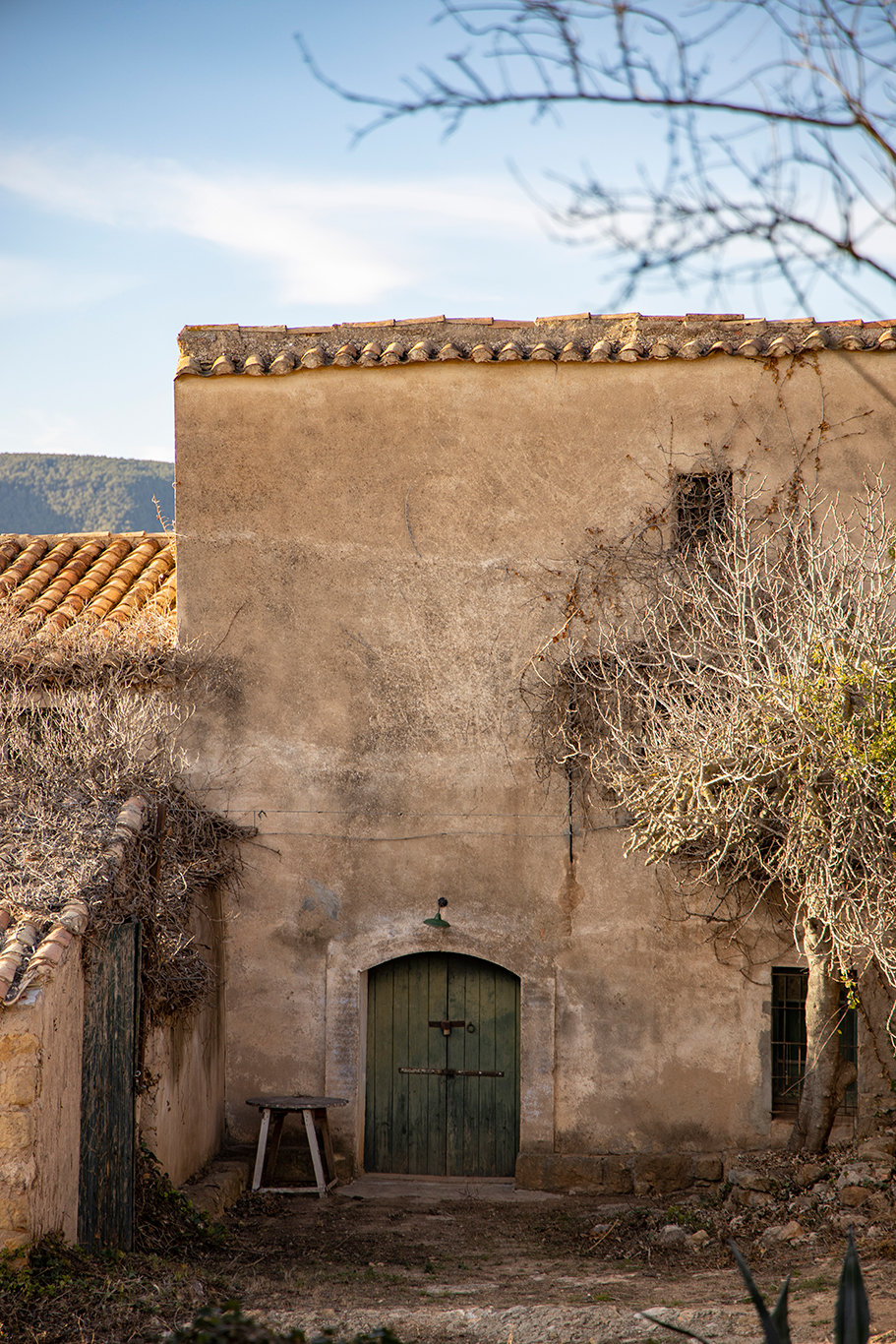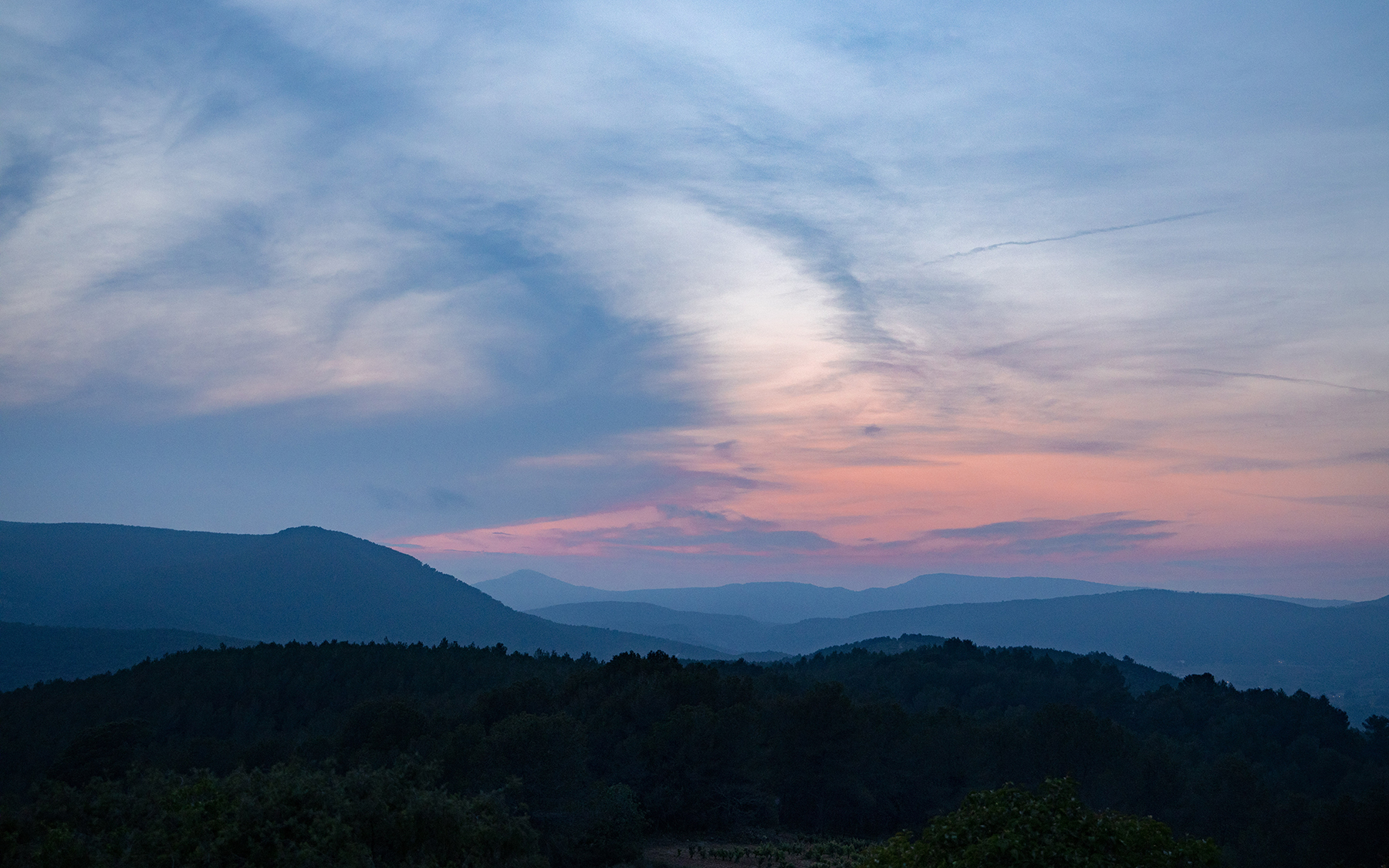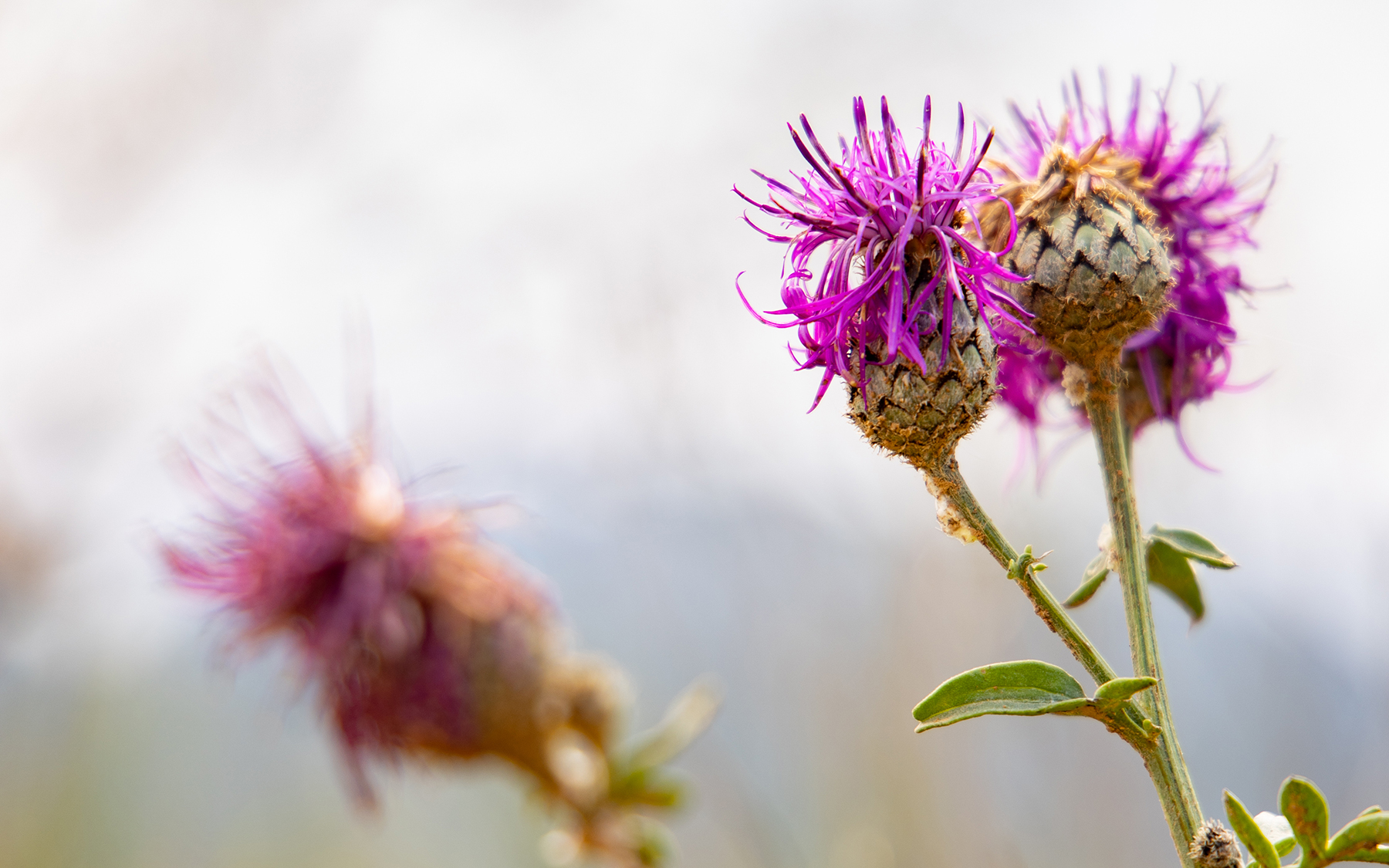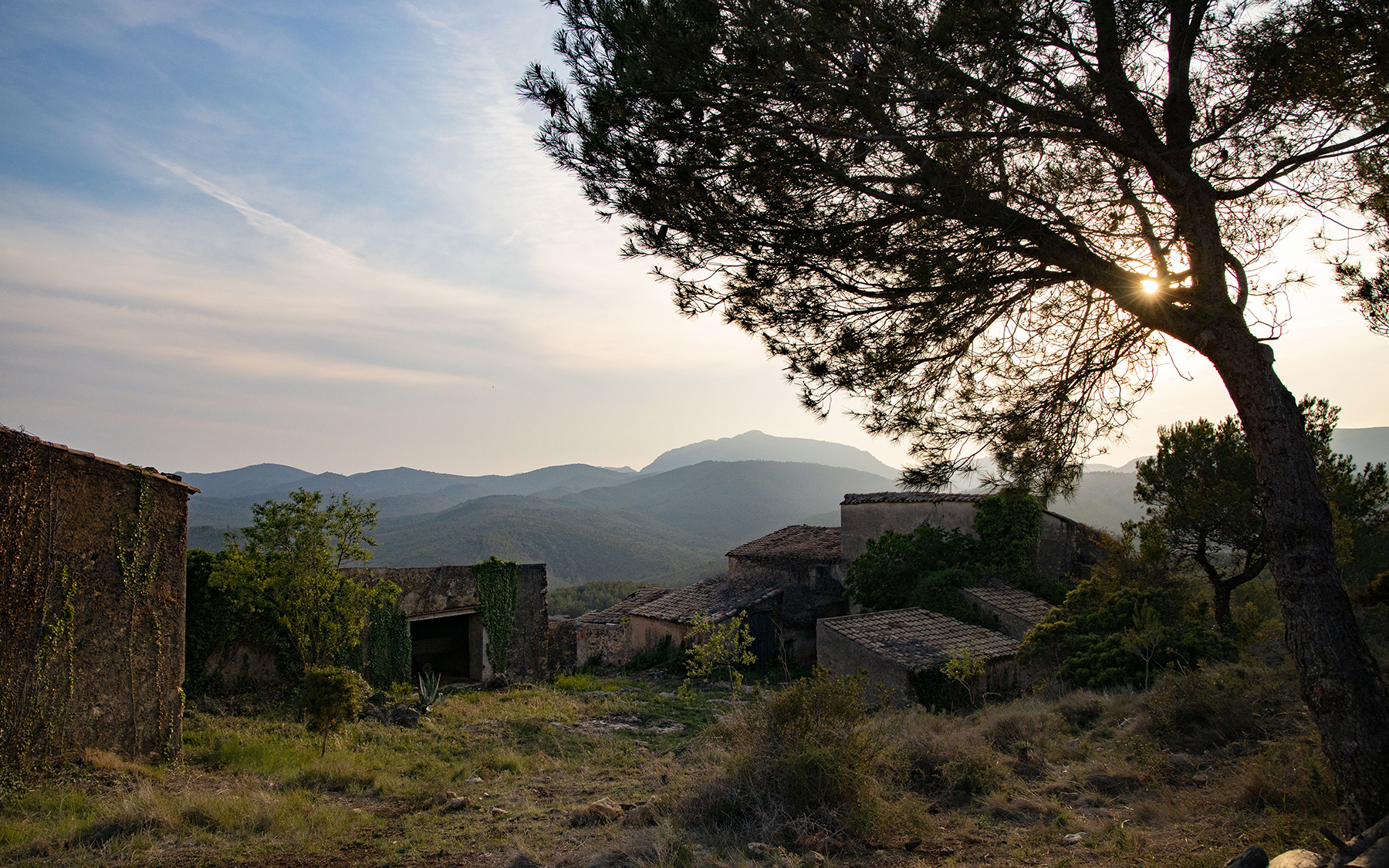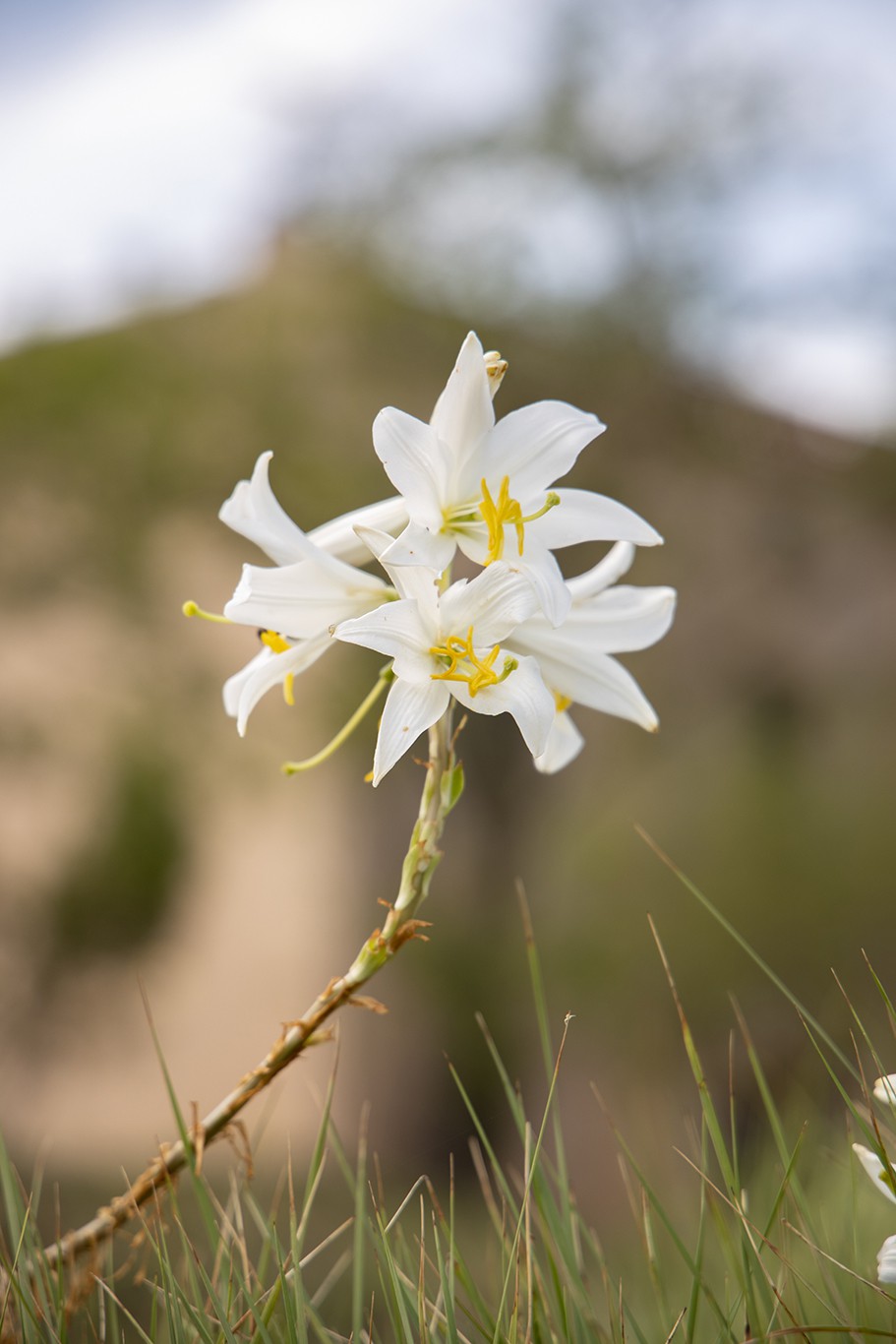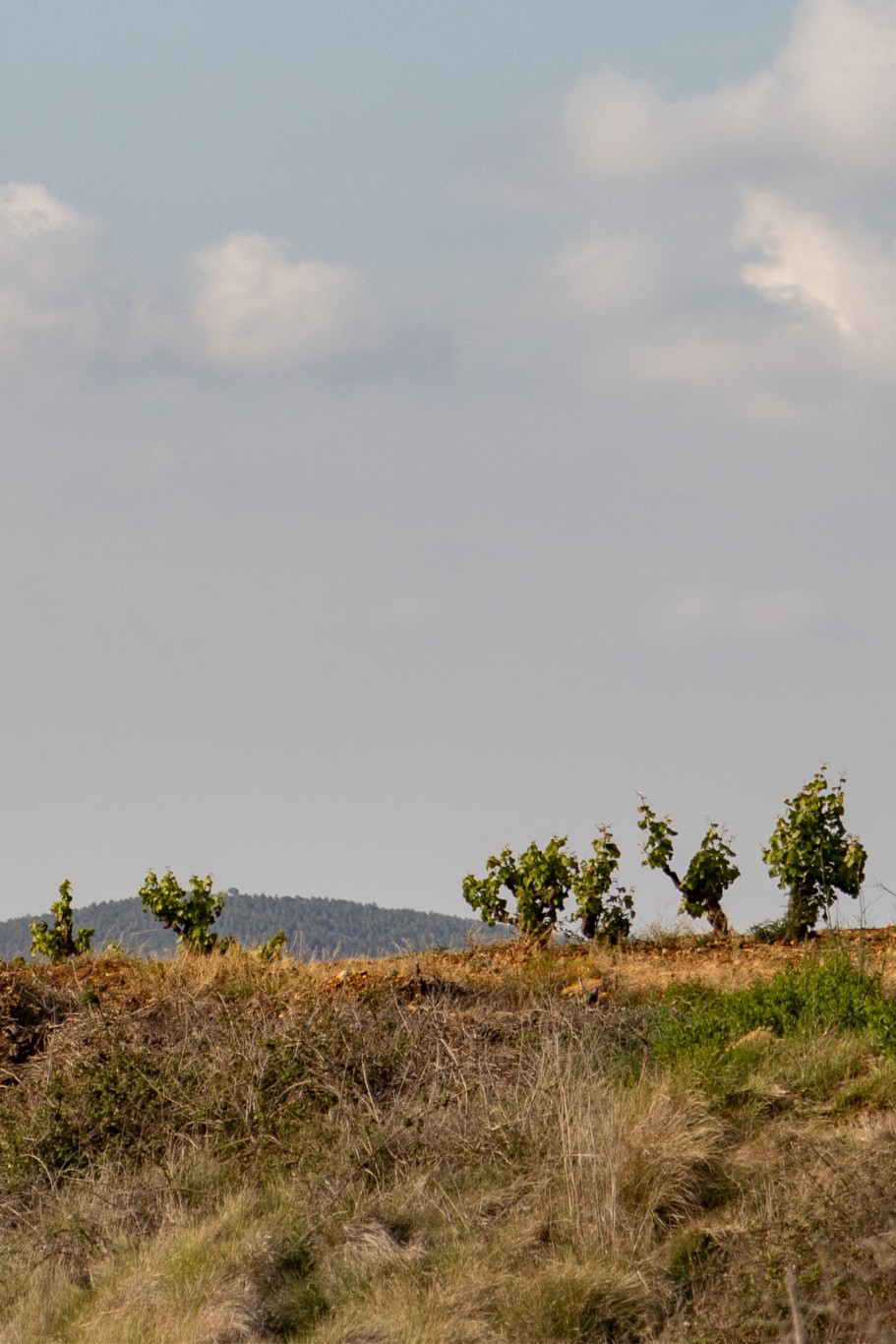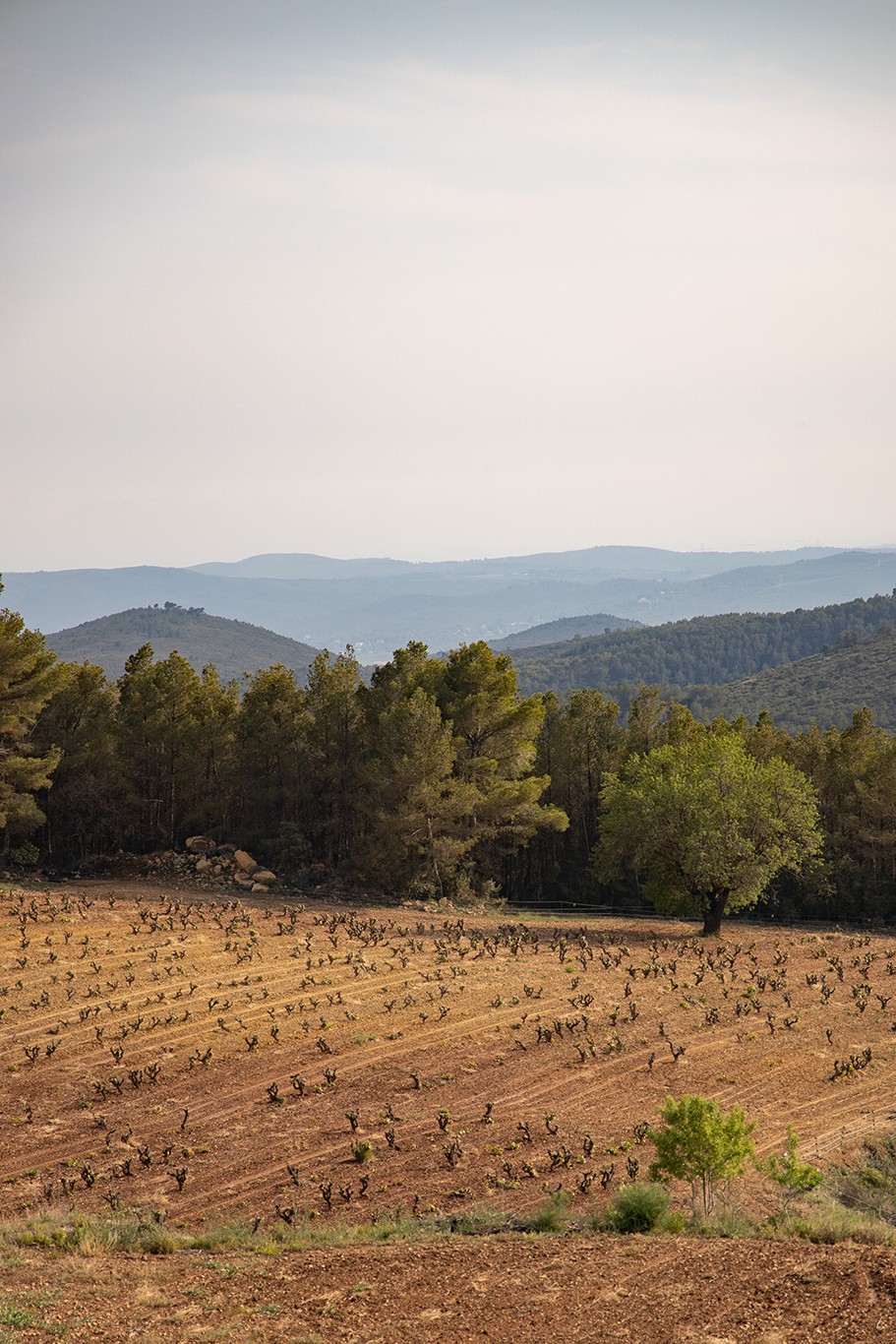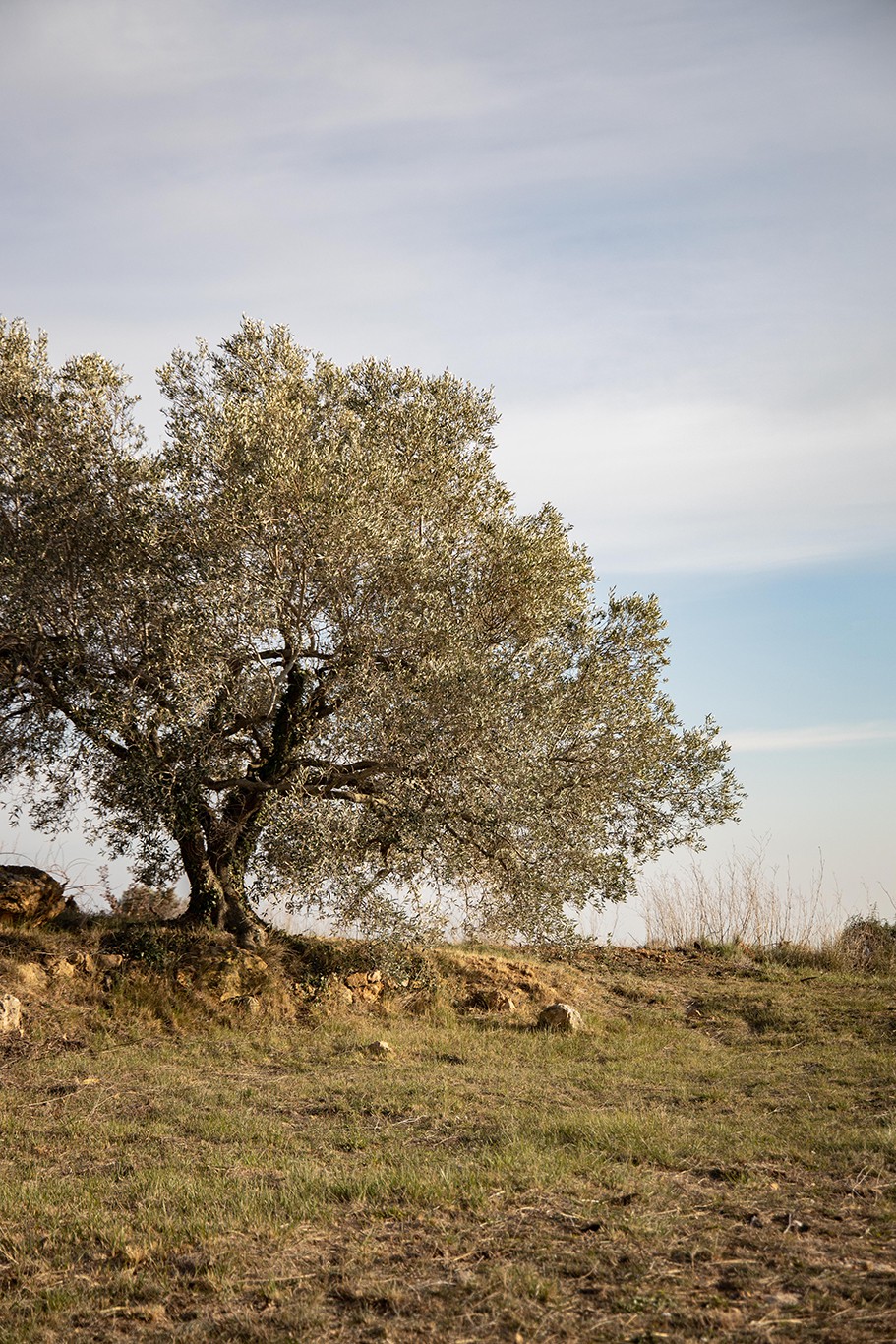Wine becomes much more than just wine when it is cable of authentically expressing a territory.
Wine becomes much more than just wine when it is cable of authentically expressing a territory. That is, when a glass tangibly adopts all that series of intangible values at first glance: the landscapes, the colours, the fauna, the flora, the suffering, the effort, the dreams, and the horizons of a specific corner of the world.
To achieve this, you need to be respectful of the environment, protect the territory, preserve its authenticity and ensure that nature does naturally what it always knows how to do: resist, survive and return to life in an authentic way.
It is with such purpose that Can Sumoi was born in 2017: the challenge of recovering the vital heartbeat in an abandoned farm, preserving it through agriculture and giving expression to it by making wines with minimal intervention, capable of naturally conveying the territory where they are born.
To achieve this, you need to be respectful of the environment, protect the territory, preserve its authenticity and ensure that nature does naturally what it always knows how to do: resist, survive and return to life in an authentic way.
What is authentic is natural
What is authentic is natural
Minimal intervention wines
Minimal intervention wines
We like to make wines the same way we treat the landscape where they are born: in an organic and natural way, with minimal intervention throughout all the viticulture processes, from the vineyard to the cellar.
We work manually, without added chemicals or oenological additives and only with a minimum of sulphites during the bottling process, following the French Vin Nature regulations with less than 30mg/l of sulphites per litre of wine. And, naturally, we do all this for a very natural reason: to turn each wine we make into a living and genuine expression of the territory.
The symbiosis between forest
and vineyard, between history and future
The symbiosis between forest and vineyard, between history and future
Can Sumoi, a particular wine universe
Can Sumoi, a particular wine universe
Getting to know Can Sumoi is discovering a unique and fascinating universe with more than three centuries of history. You just need to go there to realize it. Since, after walking the narrow path that climbs up the mountain, the farm dominates everything and exudes a magnetism that is not only aesthetic, but also telluric. It’s the row of olive trees marking the entrance to the farm, it’s the abandoned but standing farmhouses, it’s the old cellar, it’s the forest surrounding everything —like a mother embracing her children—, and it’s the blue of the sea in the background, like an unchanging curtain. It’s, above all, the feeling of being in a unique place.
A wine mosaic
in the Serra de l'Home
A wine mosaic in the Serra de l'Home
Mountain vineyards
with a mediterranean soul
Mountain vineyards with a mediterranean soul
Vineyards as agricultural organisms can also be a great metaphor: they resist any adversity, often reminding us that nature is always reborn, be it every season, every year or every specific period of time, whereas we only live once. The high-altitude vineyards from which the wines of Can Sumoi come —spread over several plots and areas in Montmell— are a good example of how the land, even when abandoned, is capable of regrowth.
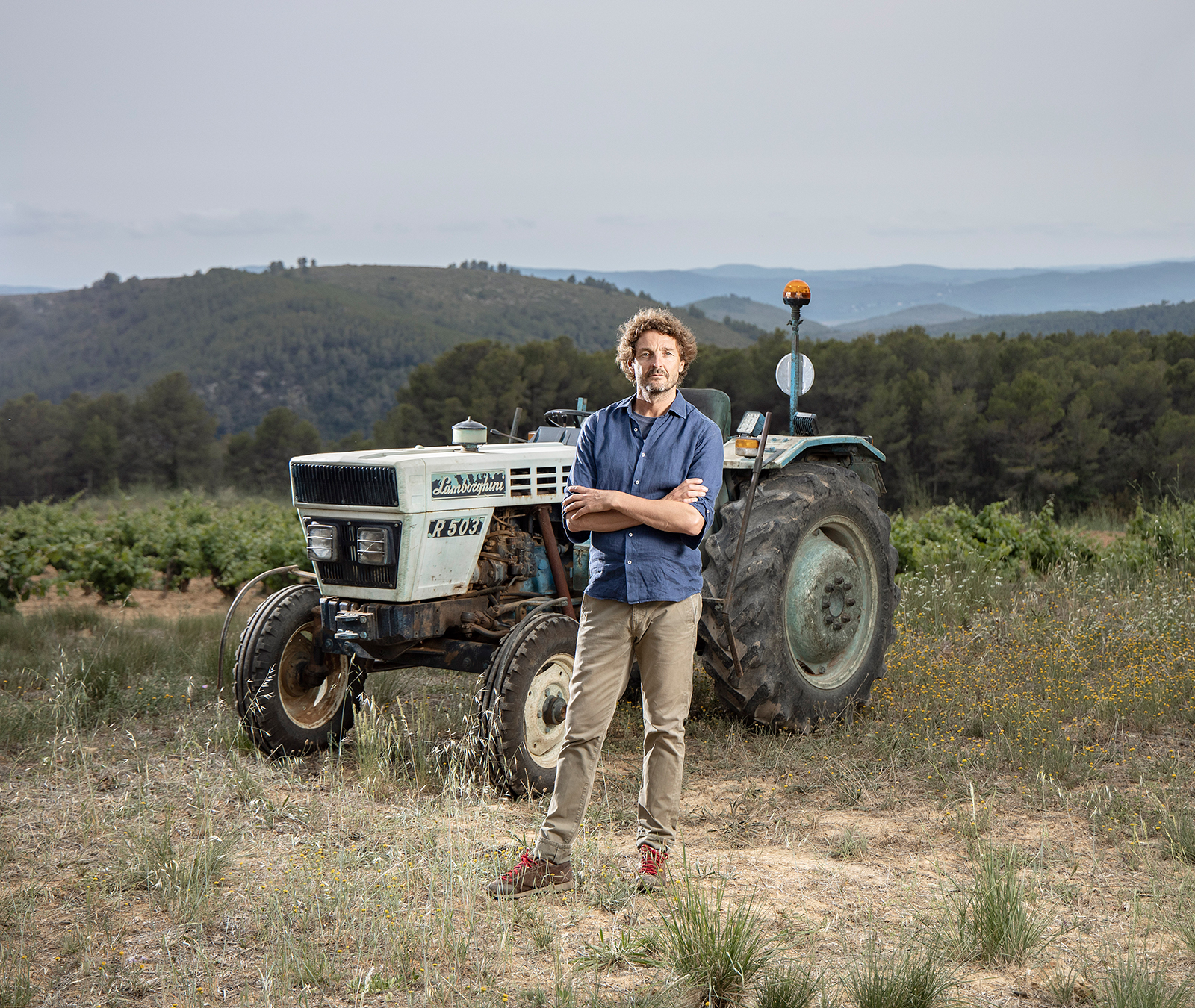
Pepe Raventós
Passionate, dynamic and visionary, he is a fervent lover of nature and animals, as well as the world of wine and viticulture. He discovered Can Sumoi in 2017 and brought together local winegrowers to restore the estate and local varieties of Penedès.
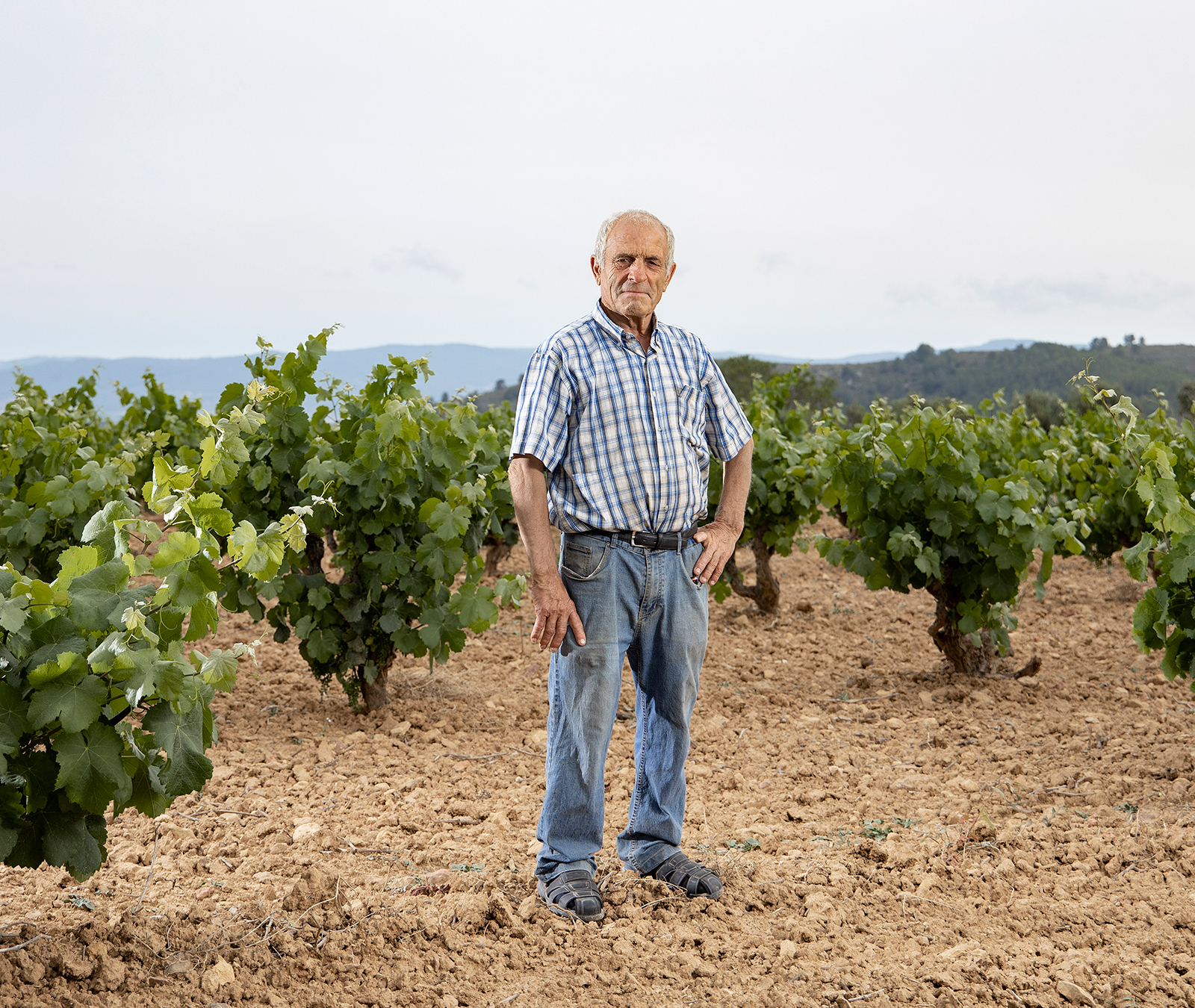
Joan Espinosa
Born in the Pla de Manlleu (Baix Penedès), he knows and loves his land. He left his trade as a stonemason to work his vineyards, from which we harvest sumoll and young black garnacha. With his passion and knowledge, he helps us work the Can Sumoi estate.
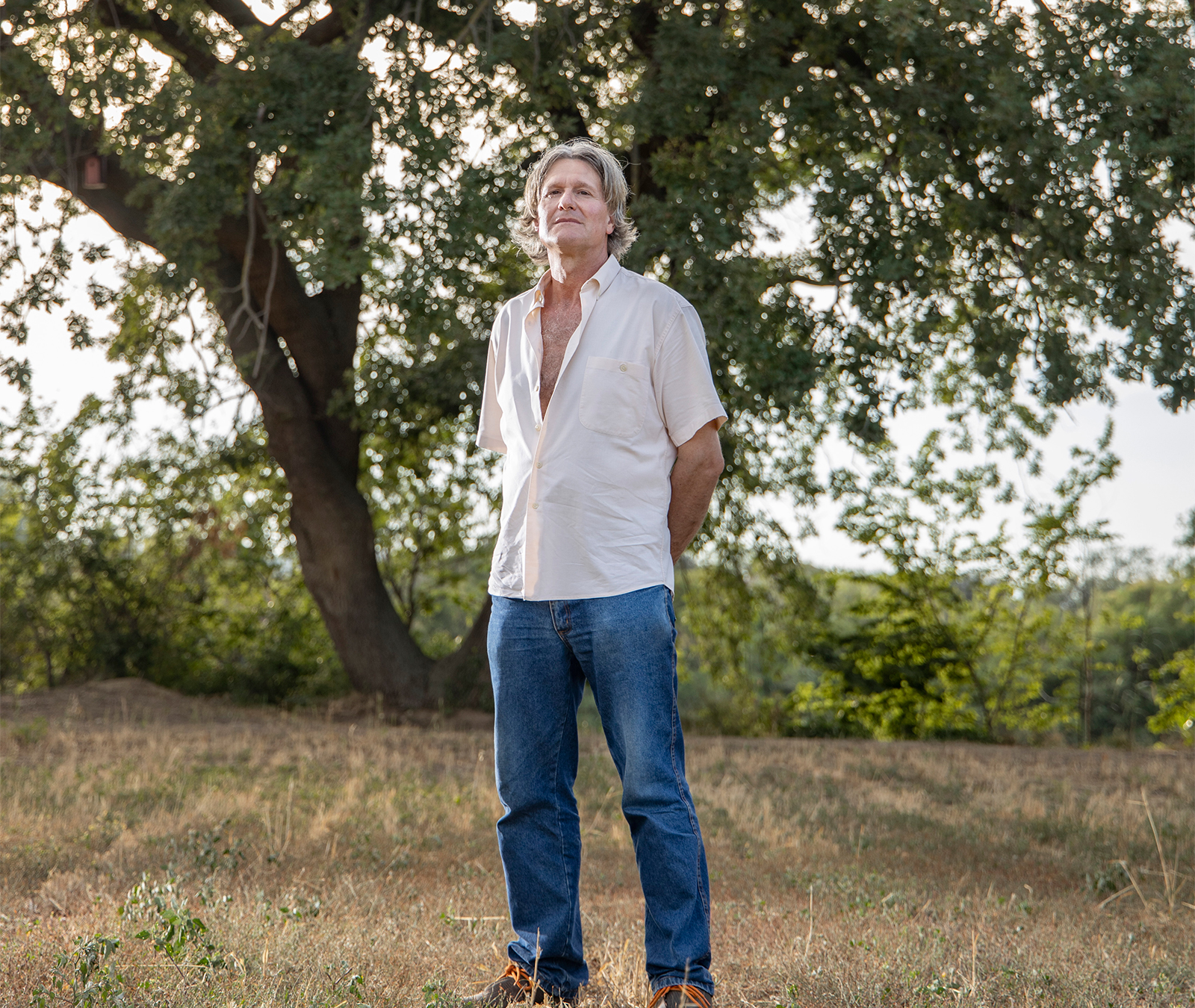
Joan Ferrando
He works his vineyards surrounded by old xarel·los between 50 and 70 years old; under the watchful gaze of a masía (farmhouse) in Sant Martí Sarroca (Alt Penedès), 300 metres above sea level. He is a great defender of country life, a beekeeper and honey producer.
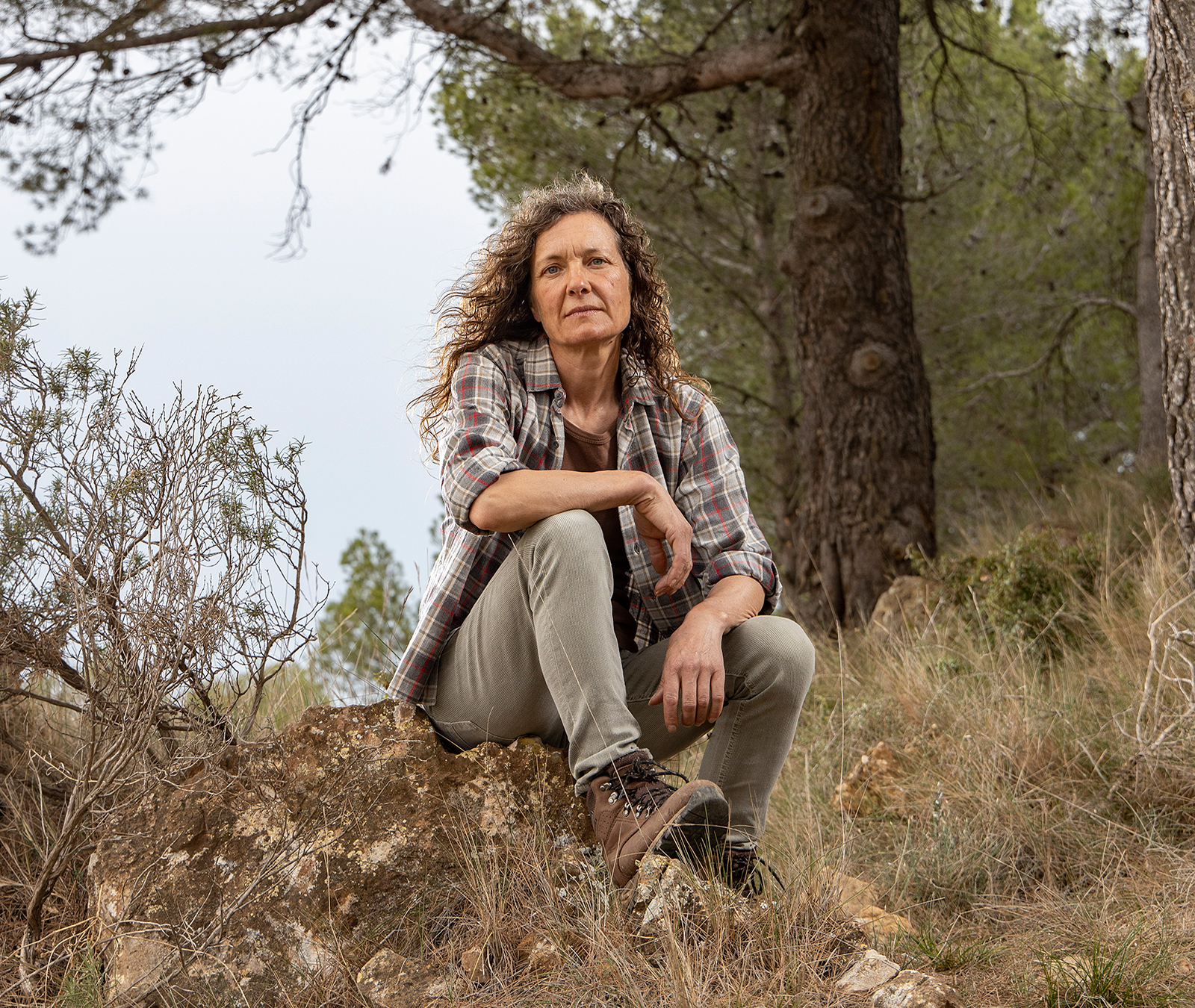
Anna Llenas
She enjoys life in the countryside with her family, sharing a home with them in a traditional Catalan masía (farmhouse) located in Querol (Baix Penedès), 650 metres above sea level. From her vineyards, we harvest thirty-year-old trained Garnacha Blanca and also some Parellada from old goblet-trained vines.
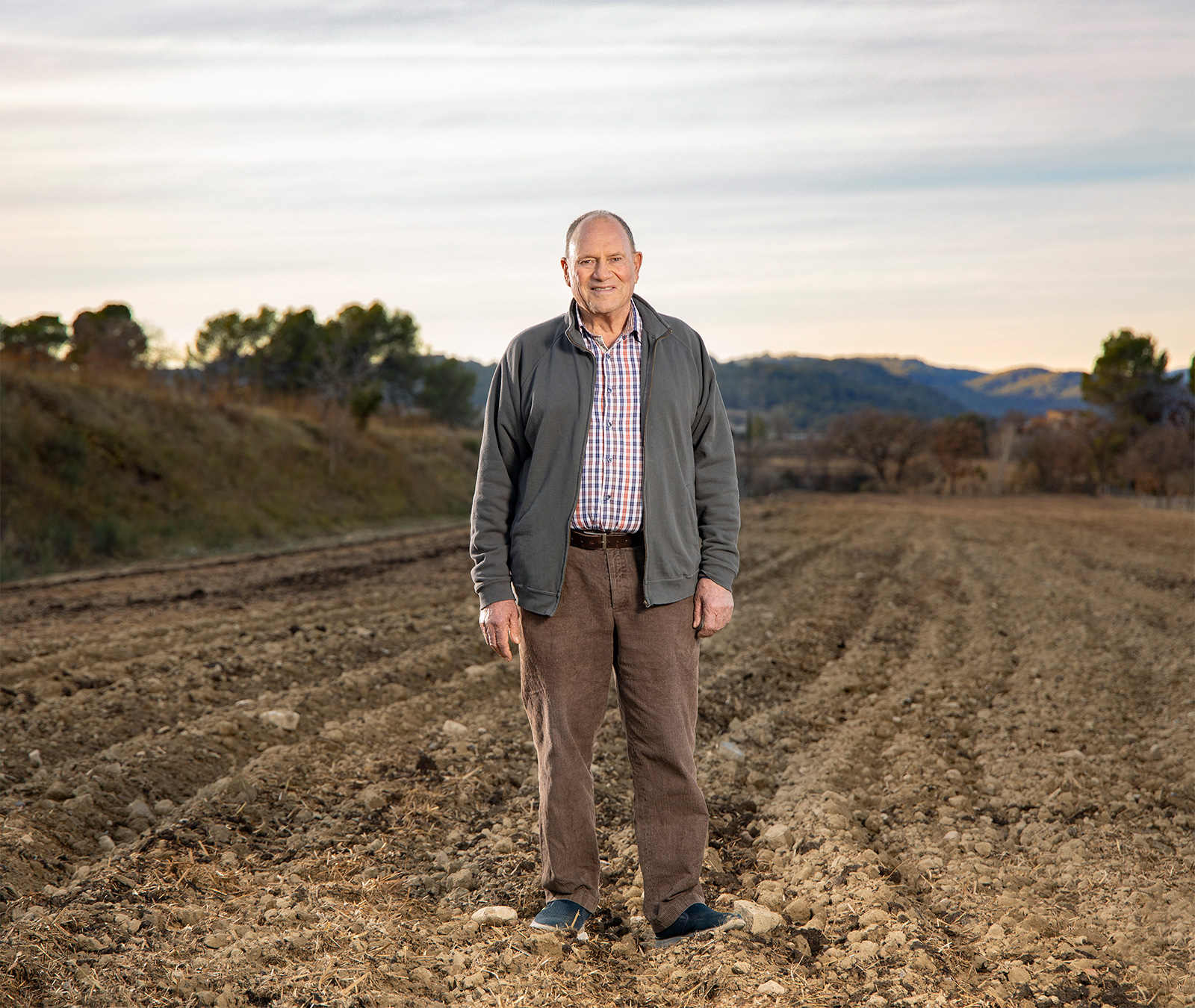
Joan Batalla
A lifelong farmer, he was one of the first to implement organic farming in Rodonyà (Alt Camp). In the Alzinar vineyard, he has sumolls of more than 50 years and, with his experience, we have learned to better understand this variety to find the optimal harvest time.
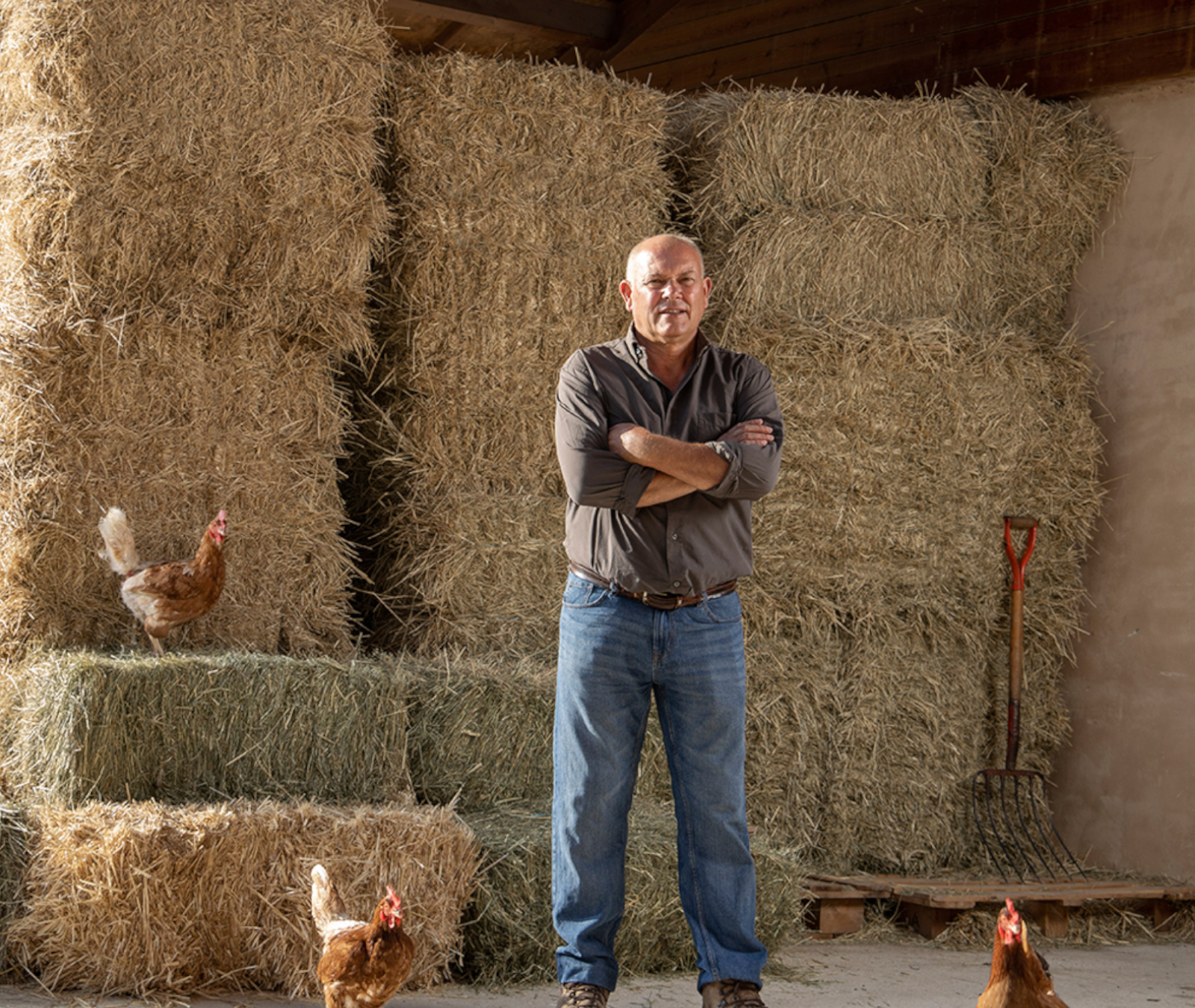
Pere Lluch
Lover of the high Penedés region and intrinsically tied to the area, he works high-altitude vineyards of xarel·lo. His enthusiasm leads him to help us in the work to restore Can Sumoi.
The activism of respecting the land by making wine
